|
2/7/2024 0 Comments 2024 Devon Art Teachers Conference | plus a FREE creative opportunity for Torbay SchoolsLed by the inspirational Art Subject Specialist, Sam Eyre, from Coombeshead Academy, and supported by Joe Long, Art Lead at The Spires College, Primary and Secondary Art Teachers attended the 2024 Devon Art Teachers’ Conference last month with an informative and inspiring agenda. Attendees benefitted from updates and feedback on the AQA assessment objectives from Aly Diggle-Perry and Sandra Allan from AQA Examination Board, who provided a valuable opportunity for attendees to see an exhibition of exemplar work from students to support assessment. There were lots of resources and links to tap into about grants, funding and projects by freelance artist Claire Harmer; a former teacher, who uses South Devon as the inspiration for her work and works directly with schools (find more information here). Teachers were challenged to delve into the world of AI, as Sam presented opportunities and challenges of implementing artificial intelligence in the art classroom, such as how to use AI to create digital pictures. Enriching information that may help to keep us one step ahead of our learners! One of the most valuable parts of the day centred on networking with colleagues and sharing from experiences, with teachers having an opportunity to share their challenges and find solutions to improve their practice for their pupils. There was also time to explore the vast array of arts and crafts at Bovey Tracey’s annual Craft Festival and to meet many crafts people and observe workshops, demonstrations and talks, taking away ideas to use back in their own settings.  A must for all training days is the refreshments, and Rodney’s café, based at MAKE Southwest, provided delicious lunch and cakes. Feedback from the day was enthusiastic praising: "The range of presentations and passion from each presenter.’ "The opportunity to network with fellow Art Teachers, connect with potential future projects/funding and links with teachers for future CPD links.’ "To hear about relevant issues for Art and Design." "The contacts and varied resources and speakers." Planning is already underway for next year’s conference and looking forward to sharing with primary and secondary Art Teachers across South West schools. With thanks to Sam and Joe for their leadership. Report by Tania Cox, Partner Director, West Country Training School Alliance MAKE Southwest Hosted by Educational Manager Ian Wilkins at MAKE Southwest in Bovey Tracey, this craft education charity is funded by Arts Council England with a thriving membership of over 300 crafts people, with an engaging exhibitions programme and retail gallery, championing the highest standards of craftsmanship since its formation in 1955 and has become a leading advocate for crafts education. A FREE Creative Opportunity for Torbay Schools Craft Council Material World Project - a funded opportunity for school teachers Outreach Programme Craft School is open to all schools nationwide, but other geographical areas have been identified where they would like to increase participation in Blackburn, Kirklees and Torbay with a wish to boost participation from schools with higher levels of Pupil Premium funding. The Craft School Outreach programme will offer additional training to prepare and support teachers through the delivery of Craft School working with 12 teachers from six schools in each region over two academic years. The programme is offered to schools free of charge and will aim to:
Two members of staff from each school, notably Teachers, Teaching Assistants, Technicians or other support staff are all welcome to participate and will be able to attend professional development sessions, which will include an element of practical making.  Torbay Project Timeline Thursday 11 July 2024 from 1630 – 1830 | First face-to-face professional development session. September 2024 | Second Torbay professional development session. September 2024 | Enrol in Craft School: Material World. October 2024 | Third Torbay professional development session. September / October 2024 | Start to deliver Craft School: Material World with learners. To make use of Craft School Teacher toolkit, professional development sessions and other resources. December 2024 | First Torbay online support session. February 2025 | Second Torbay online support session. April 2025 | Submit evidence of learners’ work and making journeys to Craft School: Material World (online portal). May 2025 | Judges select work for awards (one per Key Stage). June 2025 | Online celebration event for all participants. Commitment from Schools Participating schools will be asked to commit to the following:
For More Information
Contact Hassina Khan or Ian Wilkins.
0 Comments
World Water Day | Friday 22 March 2024 | Vanishing Sea The theme of this year's World Water Day is ‘Water for Peace’, and focuses on the critical role water plays in the stability and prosperity of the world. On Wednesday 20 and Thursday 21 March 2024, our sponsor, Lyfta is offering FREE live lessons to bring the world into your classroom (see details below). Travel (virtually) to Jordan and spend time with farmer, Hassan as he battles the decline of the Dead Sea with the looming threat of sinkholes all around his farmlands. You will also be able to take a wider look at the issues of water security in a region affected by historical and ongoing conflict and learn why the River Jordan is special to half of humanity. Booking
Complete the booking form below to select one of the following time slots:
If you have yet to sign-up for a Lyfta subscription, you can set up a starter account on the link below, which will allow you to access supporting resources ready for the live lesson. I am pleased to be presenting at the “Once Upon a Time” festival on Saturday 15 June 2024 at Bristol Beacon, which builds on our partnership work with organiser, Helen Prince. Helen is the author of the most recent Oxford Language Report (2021 – 2022) that looks at the scale of the word gap and the impact of Covid on language developments as an ongoing issue. After sifting through hundreds of school submissions regarding their focus on oracy to boost progress, standing out in their innovative and exemplary practice, Helen and the team included Tor Bridge Primary School as one of nine schools in the report. In my role as Head of School at Tor Bridge Primary, Helen and I presented these findings at the 2022 ASCL conference and since then Helen has supported our school in our fluency training and oracy work. Helen’s passion, pedagogy and relentless focus on improvement has led to huge moves forward for our fabulous school. We were thrilled that Helen remarked how she has rarely encountered schools with such openness and commitment to improving practice at every level. We have overcome - and continue to overcome – the barriers that limited cultural capital and low expectation can present through their focus on an oracy education, cementing the widest, brightest horizons for their pupils; which we like to think is testament to the high aspirational help of myself and our Trust.
Helen's expertise, combined with my leadership, has not only inspired the staff within The Inspire Multi-Academy Trust (South West), but has also had a profound impact on our children. This year, the excitement is palpable as Helen and I eagerly anticipate our collaboration once again, this time at the Once Upon a Time Festival in Bristol. The festival, known for showcasing story-led, creative teaching, aligns perfectly with Tor Bridge Primary School's commitment to oracy education. Helen and I, along with further brilliant keynote speakers, are thrilled to bring oracy to life through the immersive and enchanting world of storytelling, music, and drama. The Once Upon a Time Festival will provide a unique platform for educators to explore and embrace the creative potential of language. Imagine an exhilarating educational oracy festival for teachers, where passion for language and creativity converge. This vibrant event offers a dynamic platform for educators to immerse themselves in innovative teaching methods. From captivating storytelling sessions to interactive workshops, the festival becomes a melting pot of ideas, fostering a community of educators dedicated to enhancing oracy skills in the classroom. Teachers can escape into a world of inspiration, and gain valuable insights and practical tools to elevate their pedagogical practices. The festival's unique blend of story-led, creative teaching serves as a catalyst for professional growth, empowering educators to transform their classrooms into dynamic hubs of communication and expression. This exciting educational festival will not only ignite the spark of creativity in teachers, but will also cultivate a shared commitment to nurturing the language skills of the next generation. This is not only an event. It is an opportunity to imagine what is possible in your classroom, and will leave you inspired and equipped to transform your teaching approach. Join us for an unforgettable experience where the possibilities for enriching oracy education are boundless. By Olivia Bartlett, Head of School, Tor Bridge Primary School 12/9/2023 0 Comments Diversity in the History Curriculum with Dr Miranda Kaufmann| Black Tudors and Other Untold Stories "Whatever the curriculum says, YOU have the power to change what happens in the classroom.” We were pleased to welcome historian, author, raconteuse, Dr Miranda Kaufmann at the end of term to conclude our 2022 – 2023 SWIFT History Masterclass series with her talk on Diversity in the History Curriculum: Black Tudors and Other Untold Stories with inspiration from her book, “Black Tudors: The Untold Story.” "[It is too easy] by emphasis and omission to make children believe…that every great thought was a white man’s thought and every great deed…a white man’s deed.” (W.E.B. DuBois, American sociologist, historian, civil rights activist and author). The impactful inclusion of Black British History is clearly and increasingly a vital priority in diversifying the curriculum. Yet, curriculum observers will know that it is not new. Teaching Black History dates back to the introduction of the National Curriculum 30 years ago with guidance to teach “the essential knowledge that they [children and young people] need to be educated citizens.” The important starting point is to acknowledge that Black History is British History. It is not and should not be a hidden truth. Even if some school History textbook covers have conventionally (and painfully) mispresented Black History with clichéd images of enslaved people. Quoting from Zadie Smith’s acclaimed novel “White Teeth,” Miranda highlighted this recurrent ignorance in the miseducation of Irie Jones. In the story, when Irie, the daughter of an Englishman and a Jamaican woman is studying Shakespeare’s sonnets, she asks her teacher Mrs Roody if the “dark lady” is “black” to which Mrs Rooney replies: “No dear, she’s dark. She’s not black in the modern sense. There weren’t any… well, Afro-Carri-bee-yans in England at that time, dear. That’s a more modern phenomenon, as I’m sure you know. But this was the 1600s. I mean I can’t be sure, but it does seem terribly unlikely, unless she was a slave of some kind, and he’s unlikely to have written a series of sonnets to a lord and then a slave, is he?” Uncomfortable, and as Miranda was to show us, inaccurate. But the good news is that this perception is changing and clarifying. 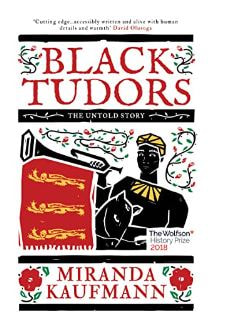 In a highly engaging talk, it was a refreshing revelation for me, and the Subject Leaders and Teachers of History in the audience to know and understand that over 200 Africans were living freely in Tudor England as Miranda drew on examples from her book featuring the stories of ten Black Tudors. Wonderfully intriguing and individual roles, such as John Blanke, the Trumpeter, Jacques Francis, the Salvage Diver and Mary Fillis, the Moroccan Convert. All of which intensely and intelligently refuted two common assumptions about Black British History. Firstly, there were Africans in Tudor England over 400 years before the first Windrush immigrants disembarked in Tilbury, Essex. Secondly, they were not enslaved. A clear and compelling case to refute those stereotypical textbook covers. Next, by teaching Black British History, those students with African ancestry can feel a sense of belonging, in that they are part of British History too. Clearly, an important piece of diversity, equality and inclusion work; which will hopefully encourage Black students to pursue history to GCSE, A Level and beyond; eventually impacting the way History is studied and presented by academics and popular historians, enhancing the discipline with a broader range of perspectives. Teaching Black British History can help to support the struggle against racism in challenging racist assumptions that immigration is a 20th Century phenomenon – and can be reversed. As Miranda shows in her book, focusing on the stories of African figures from the past can encourage empathy. By extension, this helpfully supports a timeline of understanding the ‘before’ the period of slave trading and colonisation and the after; and powerfully demonstrates the role of questioning assumptions in the study of History. The “interruption of the psyche” (Whitburn and Mohamed, Justice 2 History). 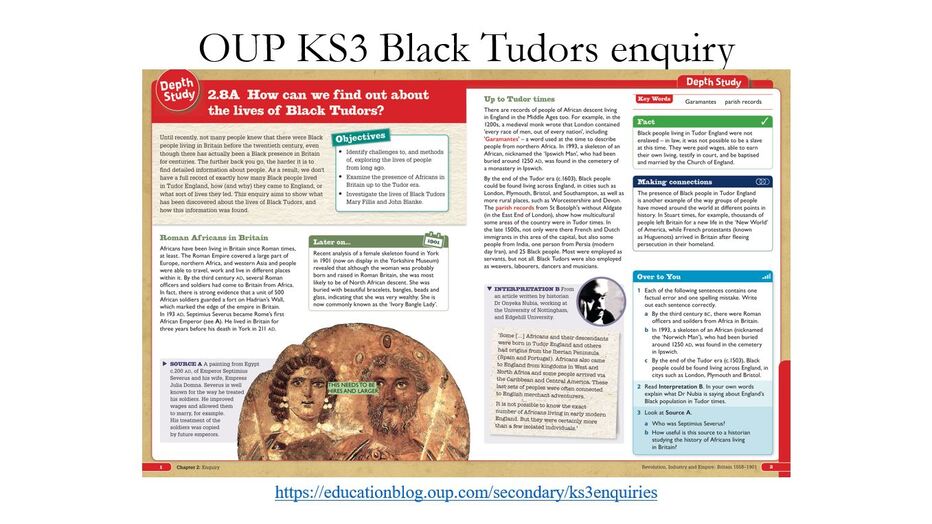 As in any curriculum change, there needs to be a long-term commitment and schools and teachers can play their part and we thank Miranda for sharing the following helpful suggestions to upskill and up-knowledge teaching of Black British History in the classroom:
With thanks to Miranda for her motivating and enlightening talk that made us all think about the endurance of Black British History and for sharing ways to teach and bring to life this significant part of history that can inform the present. By Jude Owens, PA to the Executive Team and Governance Your gateway to a LIMITLESS future. We are pleased to welcome our new sponsor, Volt Entrepreneurs who join us this September. Volt powers entrepreneurship in young people, starting with the mindset, that crucial piece of positive thinking that underpins all success and continues on to enable young people with the professional skill set of today. Using tried and tested experiential learning methods and with a proven track record, Volt offers the Short Circuit, a short online programme, and the Volt Circuit, an in-person enrichment programme during term time or as an intensive few days during school breaks. Students learn about effective communication, time management, and leadership, and gain the confidence of acting on ideas, recognising opportunities, and how to start their own business. Entrepreneurship can change your life. The earlier you start the better! The five key benefits of entrepreneurship ensure that “you can”: 1. Use your ideas to improve the world. 2. Be resilient and comfortable outside your comfort zone. 3. Choose your own life-style. 4. Surround yourself with like-minded, creative, dynamic people. 5. Become financially free. The 5As framework supports and mentors young people to achieve their aspirations as entrepreneurs, intrapreneurs and successful professionals, of any description. Volt cohorts say that they “feel more confident about everything…[and] know where to start with making my idea come true” and how Volt has “changed the way I look at my future career.” Teachers who work with Volt report on the dramatic change in their young people. “Your workshops are inspirational and I know they will benefit from your wealth of experience as [they practise] the skills they desperately need.” For a limited time, join the Volt community with your email for 25% off your first online course. The Volt Entrepreneurs programme is unique, innovative, affordable and doable. More Information To find out more, we invite you to visit the Volt Entrepreneurs website and contact for a conversation about how the Short Circuit programme can help to transform young people at your school. Due consideration is given to prospective sponsors and SWIFT is grateful for their support as this additional funding enables us to subsidise the cost of conferences and events, and local and national speakers, so that our high-quality professional development offer is accessible to school leaders, teachers and staff.
20/7/2023 0 Comments SWIFT Character Education Professional Community | Building a Characterful CurriculumLyndsey Bolton of the Alumnis Multi Academy Trust led the final session of the SWIFT Character Education Professional Community looking at how to develop a co curriculum that explicitly develops character, enhanced by enrichment and developed by curriculum offers and opportunities for children as part of Character 'sought'. A class teacher and Character Education Lead across the Trust, Lyndsey has always been passionate about providing children with opportunities to build themselves as strong, courageous, resilient and creative individuals and uses the term “characterful” explicitly and clearly. She started her own character journey building on research work with the Jubilee Centre that provides a useful resource bank for teachers to take the tools back into school and provide creative and innovative ways to teach character through the curriculum. Character needs to be taught. Do not take it for granted that children will soak it up. Or leave it to chance. But provide environments and a culture where they can catch it and seek it. Think about how to message to children and connect it with the curriculum. Why? How? What does it do? Character is an essential part of Personal Development within the Ofsted Framework. Lyndsey reported on a recent Ofsted Outstanding judgement in one of the Trust schools. During Ofsted visits the children have “sung character” throughout the inspection in the way that they spoke, conducted themselves, and demonstrated behaviour for learning in action. Lyndsey is always keen to champion that schools do not work in isolation. But if something is going really well or is in a positive stage of development, to share it in their communities and to learn from one another. Hence the work of this Professional Community. Lyndsey has worked with children and staff to create characterful approaches rooted in the Trust vision of 'Inspiring Changemakers'. Careful consideration is given to the language used in all classrooms and across all the Trust schools that is intentional, explicit and supports each practitioner to weave in impactful opportunities to develop personally and holistically; putting virtues in action. Planned and intentional opportunities to link teaching character through discussion, events, stories in the classroom and assemblies help children to internalise, process and reflect on how to recognise it and then live it. For example, how did they feel when they spoke out? How can they learn for next time? Consider what does it look like across all the year groups and think about the progression. The Alumnis approach is developed from Early Years and throughout the children's educational career. Consider the challenges, but be creative and courageous in shaping your opportunities and enhance what is happening in curriculum time. Map out where children can have multiple opportunities to develop their character throughout the academic year. Confidence is a huge issue and can be difficult for some children. But ultimately, character education and developing a characterful culture within our schools for adults and children can guide them to see the opportunities as positive as they flourish as human beings. As part of the session, there was discussion about the work of the participants and it was agreed that the legacy of Covid is still being felt in changes in character across schools with work to be done.
For instance, Nick Banwell shared the “11 by 11” work of ESW Multi Academy Trust in South Devon in creating opportunities for character development at primary by the time they reach age 11 and for secondary, by the time they reach Year 11. Opportunities are created across key topics, including enrichment, community, careers, forest school, environment, culture, arts, leadership, and mental wellbeing. All the schools are encouraged to connect and learn from each other and to build on their experiences. Given limited funds and pressured curriculum time, ESW is developing a link with the local Rotary Clubs who go into the schools and work alongside the children and provide various support. We thank Lyndsey for leading this session and adding an encouraging and enabling clarity about Character Education that can be bespoke for schools to make their own energy and to feel like they are part of a bigger picture of driving forward school improvement with character development as the foundation. Listening to these sessions always gives me hope. Report by Jude Owens, PA to the SWIFT Executive Team "Allow children to find their way with words through passion and poetry." After an hour in the company of Joseph Coelho speaking on Reading for Pleasure at the Ilsham English Hub event last week, I was convinced that he was every inch the Waterstones Children's Laureate. In the second year of his tenure as the twelfth Laureate and successor to “How to Train the Dragon” writer Cressida Cowell; poet and library enthusiast Joseph’s call to action was delivered with focused fervour and fizz in how encouraging children to read, you also encourage them to write (and vice versa). Let them understand they are “part of this wonderful world of words and their words are wonderful.” Words count and understanding that many children struggle with words, poetry reading can be the perfect medium as “you cut straight to the marrow.” Poetry can come with a certain scary “baggage,” but thinking beyond any imaginable barriers, poetry plays with words and can be very appealing to children and boost their reading. Poetry is often dipped into for a wedding or a funeral and then forgotten. But “it translates into the soul” and puts into words the indescribable and can be relished in our minds. It makes words live. Think of the almost magical meaning of lyrics as the words performed to the lyre. Sharing his own poet pen portrait story was inspiring. Joseph did not grow up in a book-filled home. Yet it was a home of words in which poetry was prominent. There were Argus and Littlewoods catalogues and whilst books were sparse, Joseph notably remembers reading a Ladybird edition of “Little Red Riding Hood” with the iconic watercolour cover and Dr Seuss’s “The Cat in the Hat.” His Gran wonderfully furthered his literary leanings with a poster of 1950s Mabel Lucie Attwell‘s “Please remember - don't forget - never leave the bathroom wet!” in her toilet. Joseph read and read the catchy fun verse over again, learning and absorbing it as a boy and in later years, it was a happy revelation for him to discover that Gran wrote her own poems. As a child in his formative writing years, Joseph put his own poetry skills to the test when he wrote a poem for a competition. He had discovered that bears were not treated well, which upset him and he wrote a poem very cleverly called “Unbearable” (a young punster!). Whilst he did not win, Joseph enjoyed writing the poem and kept writing and reading. Along the way in his own journey as a poet, Joseph was to work as a gym instructor, in adverting and sales, as a transport planner and even dare we say it, a tequila boy. Joseph’s ideas do not come from starring at a computer screen, but from going out and thinking, confident in the act of composition by letting ideas evolve. The schooling of his poetic soul evolved in attending a poetry performance course at Battersea where he discovered an ownership in reading and writing poetry and felt in his bones that he was already a writer, believing poetry to be innate in us all, belonging to everyone in non-judgemental ways. Amongst many role models, Joseph was inspired by the work of Jamaican dub poet and storyteller Jean, "Binta" Breeze MBE; understanding personally the importance of diversity and representative characters in books and writers on the bookshelves. But poetry is more than putting pen to paper or writing composition; it is about ideas and ownership of children’s words and opportunity to read each other’s words. In leading activities with children, Joseph has used post-it notes for their wordy ideas whilst playing in the hall to describe what they are doing, for example, sliding down a dragon’s back. Poetry allows children to build-up empathy by using each other’s poetic phrases and taking the words back into the classroom and in doing so, gently introducing the idea that they can all read and write poetry; which can have a huge impact on the reading and writing process and encourages them to be more open to reading the works of others. Indeed, in his own work, Joseph has used poetry to work on a project supporting mental health. 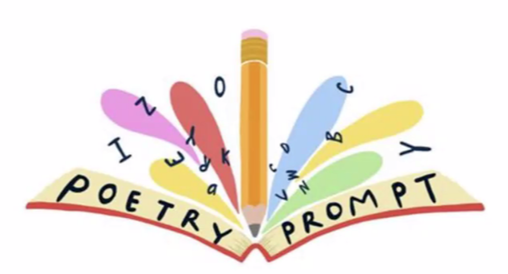 Poetry tends to be short, so you can read it and keep in your head for longer than prose and is less overwhelming. Let’s say it and celebrate it now: reading a poem is usually less of a challenge. You can memorise it. It becomes part of you. The pleasure of reading poetry. Poetry plays with language, for example the world of spoonerisms – switching around the front letters as in Joseph’s fun poem, “A Tip of the Slongue” and encourages pupils to be actively engaged in reading the poem. Introduce simple devices and engage them in hunting out the different devices. The wonderful thing about children is that they naturally use poetry and naturally come up with poetic devices. Encourage them to feel words are powerful and valid. Think what the children are writing on. Use giant pieces of sugar paper, jotting down words in felt-tip pens or in one activity Joseph even used disposable lab coats (taking Science to new heights!) that can be put on and taken off. In his own crafting, Joseph uses a beautiful notebook and before he had a space of his own, he used to write in cafes in Soho. Poetry makes literacy accessible to children. Give them their own poetry notebook to use in the classroom. Let them know that the pen belongs to them and their words are powerful and valid in building a foundation where they feel welcomed by books. Get children to write quickly and put their poems down from their heads. Poetry-penning can certainly be easier with younger children who have yet to learn to edit and are not worried about the opinions of others. As teachers, read aloud your poetry. Children are always enthralled by listening to the poetic world. Join them on their poetic journey. On visits to schools, Joseph has even been asked by the librarian if he has a book with him to take part in the stop: 15-minutes reading time for everyone. Children mimic, so it is good for them to see everyone reading. Make these reading routines a happy habit. Let the children feel that they have a final product of their work. Be it a performance to which parents are invited to attend, a wall display, a book, a piece of art. Encourage children to share their own poems. 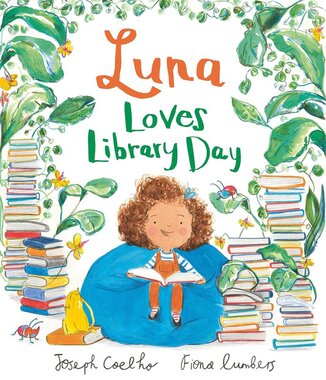 “Invite them into the world of the books.” Cue libraries. Joseph is a member of 177 libraries. It must a be a record and a tribute to his passionate support. Back to Joseph’s own childhood and his introduction to libraries. It was his Gran who launched him on his library career and the beautiful, wood-panelled West Hill Library where she had wanted her ashes to be scattered on the parquet floor. Although Joseph’s Gran outlived West Hill Library; recently sending him an article that the library was sadly closed and the building was up for sale. Joseph used to spend the day at the library. He was part of the reading schemes, bought incomplete encyclopaedias in book sales (“a space to own books”), did his homework there, he even met a girl, laughed with the two Pauls, and played the book bag games of triggering the alarm. Libraires are “a hub for the community.” Warm and dry, a resource of information and support. As well as a place to discover and read books and enjoy other experiences, libraries are spaces to play board games and Lego, for knit and natter, and support mental health services. Not surprisingly, Joseph has created lots of poems about libraries. For four years he performed a one-man stage of poetic storytelling, writing plays that toured libraries as spaces to experience live theatre and events and for him to test out new material. Joseph works with children who are not taken to the library, working to break down barriers to get them into a library and making visual the opening of doors to new worlds. “So that more children can discover books and see themselves in books and know that their own words are important and have power too.” With an eye on literacy, one of the teachers in the audience asked a question about balancing creative pupil writers with the a focus on spelling that can be an issue with some children avoiding big words that they cannot spell. Understanding this dilemma, Joseph encouraged teachers to develop “a passion and urgency” in the children’s writing, as once they wish to write, everything else is easier. Plus, as we all know, spelling mistakes are a part of life. Get them to the point where they want it to be their best work and to be inventive and imaginative and brave with their word choice. In his privileged poetic position as Children's Laureate, it is clear that Joseph will continue to celebrate books and inspire children to read and write their own poetry through his delightful personality and poetry. We thank him for his dazzling talk and to Ilsham English Hub for hosting such a wonderful event. Afterwards, I was tempted to pen a poem in celebration myself. Review by Jude, PA to the SWIFT Executive Team Ilsham English Hub are pleased to offer the following professional development opportunities for 2023 – 2024: Teacher as Readers Group | Open University/UKLA Ilsham English Hub 2023 - 2024 1600 – 1730 | Zoom Session 1 | Thursday 5 October 2023 Session 2 | Thursday 30 November 2023 Session 3 | Thursday 18 January 2024 Session 4 | Thursday 14 March 2024 Session 5 | Thursday 23 May 2024 Session 6 | Thursday 20 June 2024 This group provide free evidence–based CPD for teachers, Teaching Assistants, Early Years professionals, librarians, reading volunteers and others to enrich their understanding of Reading for Pleasure (RfP) and how to support it. It is the fourth year this group has been running and is led by Danni Cooke Ilsham English Hub Lead and the Ilsham Hub Team. The aims of the group are:
You will receive a certificate at the end of the course when you have shared your example of practice on the Open University Reading for Pleasure website. We ask that you aim to attend all the sessions, and within this work you are aiming to make a difference initially to a small group of children. Transforming your School Reading Culture (TSRC) | Ilsham National English Hub 2023 - 2024 Core Sessions | 1230 – 1500 | Zoom Optional Workshops | 1600 – 1630 | Zoom Sign up here The TSRC programme is underpinned by research; and throughout the programme there are articles/books for participants to read, as well as references to research built into the session plans. This research is split into two strands: reading for pleasure and leadership development/change management theory, and there will be gaps tasks in between the sessions. You will need to attend all the sessions and will receive a certificate once the course is completed. Core Sessions Core Session 1 | Reading for Pleasure: a whole school culture | Wednesday 11 October 2023 Core Session 2 | Creating whole school change | Wednesday 22 November 2023 Core Session 3 | Creating a reading school: structural changes | Wednesday 17 January 2024 Core Session 4 | Creating a reading school: behavioural changes | Wednesday 13 March 2024 Core Session 5 | Celebrating impact and sustaining change | Wednesday 19 June 2024 Optional Workshops
This group is for English Leaders and is looking at developing a whole school reading community and culture and is FREE to access and will be facilitated by Danni Cooke (Ilsham English Hub Lead) and Carly Watson (Hub Team). You will need to sign up to attend all five core sessions to be part of this support group and you are also welcome to attend the optional after school workshops (further details to follow next academic year), which should also be valuable. Contact
For any enquires, you can contact Ilsham English Hub Lead, Danni Cooke. "Our lives are built on and held together by words." Tuesday 20 June 2023 | 0930 to 1600 Broadclyst Community Primary School, School Lane, Broadclyst, Exeter, Devon EX5 3JG Reading roadblocks can be a daily problem for school communities. For many learners, significant roadblocks interrupt the journey to becoming an avid and fluent reader. The Cornerstone English Hub 2023 Conference will explore the various challenges and hurdles faced by pupils as they embark on their reading journeys and will unpick strategies and approaches to make lasting differences to children and teachers. Words help us to discover new information and imagine new worlds, they underpin human creativity and provide us with the foundations of rational thought. When we help children to learn new words and to love using them, we unlock the limitless possibilities offered through the wonderful world of reading. Join like-minded colleagues at the 2023 Cornerstone English Hub Conference and explore these reading roadblocks and learn how to support every child to overcome the hurdles hindering their reading adventures. Be inspired and reflect on the subject of reading. FREE to attend for all educators, the Reading Roadblocks event will be of most interest to primary English / Reading Leads or Senior Leaders.
This next SWIFT Early Career Framework (ECF) Extra session on High Expectations and Behaviour was led by Professor of Social Mobility at Plymouth Marjon University, Sonia Blandford and Retired Headteacher of a PRU and Educational Consultant, Wendy Casson MBE. The “Extras” are free optional sessions available to SWIFT Early Career Teachers and Mentors and their wider school setting to enhance their experience on the ECF and benefit their reflection and practice in their classroom. Founded on 80 years of combined teaching experience and enthusiasm aplenty, Sonia and Wendy’s love of education, teaching and children was palpable and is also rooted in their backgrounds. Wendy comes from a background of a family of six children who were nurtured by their parents according to their different needs and nurturing has been part of Wendy’s practice as a teacher and school leader. Sonia and her twin were part of the Born to Fail study for their first 15 years (which is also the title of one of her books). Financed by a grant from the national Children's Home, the Born to Fail study looked at socially disadvantaged children born in Britain in the week of 3 - 9 March 1958. As children, Sonia and her sister did not care, because those around them did not care; which included failing her English Language O Level five times – although she has made up for it with her prolific 55 published books. There needs to be care and support. Commit, control and inspire pupils and young people to be curious about what they do, about what teachers do, and to be curious about the context and the standards of behaviour. Teaching is a learning journey for everyone. Even when it gets tough, it is a learning experience. Teachers should not always blame themselves. “Embrace the trips and slips.” If a lesson does not work, consider the many other external reasons and events that might be taking place at home. For example, the pupil might be a young carer with family pressures. An understanding of children’s backgrounds can help to support them in school and in addition, an awareness of the cyclical pattern of parents who failed at school and do not know how to parent their own children. The past will affect the present. This needs to be a whole school approach. “Go into the classroom in a positive way and speak to colleagues in a positive way.” Share your good practice and any concerns. Reduce the impact of toxic stress and support children more effectively by helping them to learn emotional self-regulation, show unrelenting positivity and kindness and use language that reduces stress rather than increases it. Relationships are key in school. “You’ve got to give what’s inside you.” Children can work out the frauds and if you do not want to get to know the children in your class, they will not want to get to know you. Maintaining boundaries, of course. Developing strong relationships with parents at home is equally important, and requires the development of skills to enable positive relationships with parents. Involve the parents every step of the way. Consider the six Principles of Nurture: Transitions for children that involve them stepping out of their safe environments can be managed. From home to primary school, then to secondary school and even consider the challenging and sometimes traumatic transitions between lessons. Teachers need to be flexible through the school day. We are all learning. “If we can’t teach to the children, then we can’t teach.” If a child does not (appear to) want to learn, the issue might be that the lesson needs to be pitched in a different way to meet their primary needs. Maintain high standards, and engage with every pupil and know them and understand how they learn. Be aware of misconceptions. If a child will not sit still, it might be that they need a sensory assessment and/or they might have an undiagnosed/ unmet behaviour or learning need. If a teacher is shouting all the time, they have lost control. On-call systems risk disempowering the teacher as the pupil perceives that that teacher does not want them in the class or cannot teach them if, and when, they are withdrawn from their lesson for poor behaviour. Learn from experience. Talk to the child. Confront without confrontation. “Most children love coming to school, some come to school to be loved…” When children feel safe and loved they will thrive and need the following eight things to thrive:
Rather than changing the child, change the support around them, which requires the skills to support the young person. Key Takeaway Action Points
SWIFT thank Sonia and Wendy for leading this insightful and positive session on High Expectations and Behaviour, which was a collaborative effort between Plymouth Place-Based School Improvement, Plymouth Marjon University and SWIFT. The next session in the series will take place on Thursday 18 May 2023 at 1600 and delves into 'inclusive practice' in all classrooms. Look out for more information in the ECF Programme Weekly Newsletter. By Jude Owens, PA to the SWIFT Executive Team Wednesday 22 and Thursday 23 March 2023 at 1115 and 1400 We understand that pressure on budgets and staff time is making it increasingly difficult for schools to offer students a broad range of experiences. With school trips and other enrichment activities sometimes seen as expensive and resource-heavy for a regular basis, children can miss out. As part of the countdown to Earth Day, our sponsor, Lyfta would like to invite classes in your school to join them for an exciting FREE live lesson and go on a virtual journey to Ethiopia to explore themes of sustainability, creativity and inventiveness. The live lessons are taking place on Wednesday 22 and Thursday 23 March 2023 at 1115 and 1400 (on both days).
As the live lesson is led by Lyfta, there is no teacher prep work required. You only need to sign-up and join with your class on the day via Zoom! There will also be an exciting opportunity for students to be part of the Lyfta Earth Day competition with the chance to win a book bundle worth £100. Exposure to Lyfta’s rich human stories is helping young people across the UK build their cultural capital, curiosity and oracy, as well as develop vital knowledge, skills and understanding. It provides the opportunity for pupils and students to be exposed to people, places and perspectives to whom they might otherwise not have access, in a highly accessible and cost-effective way. 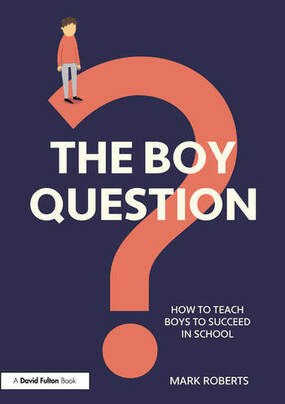 “Boys should be happy and successful and able to contribute to society and make it more fulfilling.” Hosted on behalf of SWIFT by Caroline Sherwood, Deputy Headteacher at Pilton Community College, the idea for this professional development programme came from a love of reading and an understanding that the power of a shared text can make anything possible. The programme takes its name from “The Boy Question: How to Teach Boys to Succeed in School” authored by Programme Lead, Mark Roberts, Director of Research and Teacher of English at Carrickfergus Grammar School in County Antrim, Northern Ireland, and is the follow-up to “Boys Don't Try? Rethinking Masculinity in Schools” co-authored with Matt Pinkett. Cognisant of the EEF’s Implementation Guide and based on research and evidence, the five sessions will consider the following key areas to implement change:
The plan is to focus on fewer issues, but meaningfully and deliberately to ensure the highest leverage priority. Delegates are invited to think precisely about characterising challenges in their own schools to work towards achieving positive improvements with the opportunity to revisit and act on ideas discussed in the programme. 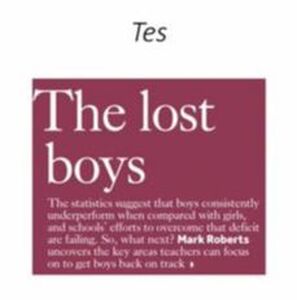 Mark began with the call to action that the well documented gender gap cannot be allowed to continue. Nationally, boys are underperforming compared to girls. Locally, the percentage of boys attaining strong English and Maths at GCSE is 6% below that of girls in Torbay, 7% in Devon and 10% in Plymouth. This first session looked closer at Expectations, Motivation and Relationships. Myhill and Jones’s study at the University of Exeter on “Troublesome boys' and 'compliant girls': Gender identity and perceptions of achievement and underachievement” (2004) asked teachers whether they thought that boys should do as well as girls at school. The results were significant. 80% of teachers from the collection of primaries, one middle and one secondary schools in the study said yes, boys should do as well as girls; which might, at first, appear to be positive. However, it calls into question the 20% who had clearly “written off” boys before they had even started. Teachers were found to refer to attitudes to girls and boys achieving well or not well at school as “typical” behaviour and if they performed better or less than expected, often noted this as an anomaly. In particular, the interesting disconnect was when teachers said that they believed in boys, yet commented negatively, reflected in how they responded to boys in the classroom. Research found more negative perceptions of boys than girls. Recurring words used to describe boys were “fidgety, immature, lazy, disruptive, noisy and apathetic.” Labels, as we know, can be damaging and become generalisations. Labels do not help boys who are switched off and need to find new motivation. Teachers’ preconceptions were found to impact on student performance. Myall and Jones led a follow-up study a few years later and asked students, “Do you get treated differently depending whether you’re a boy or a girl?” 62% said yes, boys get a “raw” deal from teachers in their school with the following key differences:
The delegates considered ways that this different and detrimental gender treatment might look in the classroom:
Negative messages to boys can lead to low expectations and the risk that the academic potential of boys is side-lined due to the focus on their behaviour, which can cloud the judgement of their academic potential. Jackson’s research at the University of Lancaster on, ‘I have a sense that it's probably quite bad … but because I don't see it, I don't know’: staff perspectives on ‘lad culture’ in higher education” (2021) looked at “laddish” behaviour and listed the following behaviour characteristics:
High expectations from teachers are vital. Mark considered the Pygmalion Effect of the self-fulfilling prophecy, in which situations with high expectations lead to improved performance and low expectations lead to worsened performance. Teachers will not admit that they have low expectations. It is often unconscious. But the good news is when pupils sense that teachers believe that they can do well, they notice and respond to expectations. A study by Green, Martin and Marsh at Western Sydney University on “Academic motivation and engagement: a domain specific approach” (2005) described academic motivation as: “Students’ energy and drive to learn, work effectively, and achieve to their potential at school and the behaviours that follow from this energy and drive.” Motivation can be either extrinsic and intrinsic. Generally, girls are more intrinsically motivated and boys extrinsically motivated. Often, girls do not believe that they are clever and work harder in terms of quality and quantity of work and have better concentration and evaluation skills; whilst boys respond better to external rewards. Success leads to motivation, not engagement and there needs to be more consistency amongst subjects. Mark shared his practical tips on how to motivate boys in the classroom: 1. Feed for fulfilment (scaffolding an answer). 2. Rephrase to amaze (add in extras to make it sound like a great answer). 3. Let them write like you (show what excellence looks like and narrow the gap). 4. Do not focus on grades (relieve the external pressures and obsession on goals, encourage boys to enjoy learning instead to reach the goals). And remember, it takes time! Boys can fall back. As part of considering relationships, Mark presented a series of scenarios of misbehaviour and invited delegates to consider how they might respond. In avoiding a confrontation at the start of the lesson e.g. for a uniform infringement, teachers would avoid a public confrontation, regular shouting and be aware of their body language. Time would be given for boys to cool off and reflect and the teacher would use polite, insistent language (“thank you”). Wherever possible, Mark advised the group to depersonalise boys’ behaviour and to deal with it discreetly. Avoid using individual names. Pluralise, so that one particular boy is not centre stage for a telling off. This can be powerful to remove any theatre /drama from the classroom in front of peers. Another pragmatic tactic in the classroom, instead of speaking, Mark highlighted how boys often respond better to non-verbal gestures (see how many you recognise here): How teachers praise boys can also make a difference. Boys prefer private praise. Mark advised against praising for basic behaviour, as it undermines boys’ confidence, as if teachers do not expect them to do anything more complex. Boys like and respond well to positive contact with home for genuine praise and Mark shared his routine of phoning home to parents on a Friday afternoon to end the school week on a positive note. Importantly, praise ideas and the boys’ work, rather than them, as an individual. Research has found the most effective form of communication in helping boys to behave well is direct, but non-threatening, with honestly articulated thoughts and feelings; not using blame, and considering the other’s needs, and trying to patch things up and being firm, but fair. In conclusion, teachers often have lower expectation of boys’ behaviour and academic potential and in order to support boys’ and build motivation, they need to taste success in a subject. The best way to support boys to behave better is for teachers to adopt a calm and direct teaching persona that is ultimately motivating. 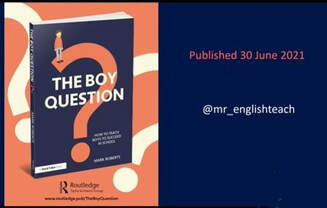 Delegates asked questions based on their own experiences of teaching boys. Does research show that boys have a dislike of being taught by female teachers? Reassuringly no! Research shows that boys want kind teachers who know their subject. There may, of course, be some openly misogynistic boys; but this would be a question of deeper issues that need unpacking and guiding boys to understand why this attitude is unacceptable. This would raise potential safeguarding implications and additional support for teachers, particularly female teachers. Similarly, how can teachers deal openly with boys’ views on the controversial Andrew Tate? Mark acknowledged that context is key and individual teachers are not expected to work on their own. Work is required school-wide through dedicated staff professional development training, and assemblies etc to convey a positive ethos and culture that deconstructs and unpacks perceptions of what boys seem to like about these negative role models. Is it genuine or provocative? If, it appears to be a genuine obsession, Senior Leadership and safeguarding input may be needed. Importantly, however, boys need to feel that they have been listened to; otherwise, silencing could belie conspiracy theories. One teacher noted their work on the transition from primary to secondary school and how boys can struggle more than girls. Mark agreed that peer pressure in anti-school attitudes can be a big issue for boys in how they perceive reading and writing to be uncool and complete homework with the bare minimum of effort. Notably, boys tend to be less organised; possibly, in part due to the way that they are raised and socialised and expectations on them and they will need to work harder, which takes longer. Is there research that shows boys respond differently to rewards for good work compared to girls? Research shows that boys are more motivated by rewards than girls. But in the long-run, research shows that extrinsic rewards are not good for boys. The risk is that when these tangible rewards cease, boys might stop working. At Mark’s school, they have removed merits and instead, have introduced a small square card presented to pupils: “A positive note awarded by Mr Roberts…” which they can show their parents. This moves away from the idea that boys need to receive something tangible for working and behaving well and is a healthier nudge towards intrinsic motivation. One teacher asked for guidance on how to manage a disruptive Year 11 “boy heavy” (caution the use of “burdensome” language!) double lesson that boys struggle more with. Mark suggested separating the two hours by building in periods of silence as standard expectations and explaining the reason is to work hard and to focus and to incorporate expectation reminders. In seeking advice in how to fight against laddish culture and counterbalance toxic masculinity, Mark encouraged the group to be kind and gentle and to celebrate the good aspects of being a boy; which needs to be school-wide and revisited constantly in tutor time, PSHE etc. Another delegate asked why boys present their work less well. Clearly, teachers like to see all pupils’ work neatly and well presented. Graffiti on work/books can show a lack of focus and poorly presented work can be an act of rebellion. But to maintain motivation, teachers need to balance priorities and feedback on content and not over-obsess and make presentation the main focus. We thank Mark for this launch session that opened up an encouraging discussion in how to teach boys to succeed in school. The next session is on Wednesday 8 March 2023 from 1545 - 1715 and future sessions will deep dive into the key issues that are the most important for delegates’ own contexts: whether behaviour, motivation, and raising expectations. Report by Jude Owens, PA to the SWIFT Executive Team
28/2/2023 0 Comments Introducing the Leading Schools South West (LSSW) Leadership Study Visit Programme“Brilliant thinking and learning opportunity that we all need sometimes to reflect and get perspective on what we are doing already.” SWIFT is proud to be working with Leading Schools South West (LSSW) on their soon-to-be launched Leadership Study Visit programme to national high performing Schools and Trusts. This builds on the successful LSSW/ SWIFT partnership of supporting professional development for school leaders across the South West though the programme of National Professional Qualifications (NPQs). The Leadership Study Visit programme aims to:
At the beginning of February, a group of 14 school leaders from a variety of contexts in Devon and Cornwall participated in a pilot programme visit looking at Implementation Coaching and a programme of group coaching to support leadership development with a view to the implementation of change during the remainder of this academic year. Accompanied by SWIFT Director, Martin Smith, the group visited Reach Academy, Feltham and King Solomon Academy, two outstanding, forward-thinking 2 - 18 years schools in London and met with school leaders, teachers and students, and spent time in lessons. The participants valued the opportunity to network and strengthen links and relationships; collaborate, discuss, reflect and share ideas and valued the benefits of observing good practice in action in the different and contrasting schools’ settings and discussions with school leaders about their work and leadership journeys in the context of their own settings. For some delegates, it provided an understanding of the 2 - 18 years model in action. In particular, the study visit facilitated reflection on the schools’ outstanding provision, different curricula, challenging cohort characteristics and catchment areas. The LSSW/SWIFT participants considered and learned from both similar and different systems, approaches and values that helped them to gain a broader insight into education and ultimately, they benefitted from the joined-up thinking, enhancing and reinforcing their own professional development to date. Participants enjoyed the dedicated time to focus and reflect purposefully and identify particular strands, strategies and how improvements could help to refine and strengthen their own current practice and understand how getting the basics right, i.e. consistency and routine, can work in practice. The clear vision articulated by the visit school leaders with plenty of opportunities to ask questions when visiting classrooms was valued and participants commended the cradle to career pathway and holistic provision at the Reach Academy. Both schools were praised for their students. Of significant note was praise for King Solomon Academy’s talented and articulate students, who spoke with confidence and passion and love for their school and were an inspiration for their ambition and work ethic. Participants also commended the aspirational children at Reach Academy and the sharp focus on community and they liked the clearly embedded routines and habits and strong school brand with values and clear and explicit purpose. The clear explanation of the model of driving impactful teacher development through consistent and professional expertise was praised at the Reach Academy. For example, morning practice and fortnightly School Leadership Team (SLT) drop-ins and instructional coaching, rather than Faculty Meetings. Participants also liked the approach to Teaching and Learning through explicit Doug Lemov “Teach Like a Champion” strategies, resources and language and observing the coaching model in action. It was reassuring for delegates to understand that using research works through a consistent approach delivered by enthusiastic staff, plus the ability to backward plan and maximise the use of subject expertise. It was also insightful for the participating school leaders to reflect and compare curriculum similarities and differences with their own school situations. At the Reach Academy, the participants found the Key Stages 1 and 2 classes to be inspirational, liked the strong practice in Read Write Inc (RWI), persistent focus on reading across the school/the curriculum, the Early Years degree model and phonics teaching (and how it could be used in secondary schools), the set up for the reading book club lessons and Curriculum Design and use of booklets, and how this sits with effective scaffolding. At King Solomon Academy, participants commended the relentless ambition towards university access for all and liked the tightness of centralised systems (including lesson planning and resourcing to allow for "intellectual preparation). Whole school behaviour management strategies (including residentials across all year groups and "payslips") were also commended and the clearly described and explained SEND perspective. Notably, the visit provided refreshing time away from “the daily ebb and flow of school life,” with time to think and reflect strategically. SWIFT and LSSW thank both the Reach Academy and King Solomon Academy for hosting the visits and for their openness and offers to share resources. Look out for information about the programme on our SWIFT CPD Programmes Calendar. Report by Jude Owens, PA to the SWIFT Executive Team
31/1/2023 0 Comments SWIFT History Masterclass Session 3 | Revision Strategies in History with Carmel Bones“Revision is for life. Not only for exam time.” The third SWIFT History Masterclass session was led by a popular personality in the History teaching community. Carmel Bones’ credentials testify to her competence and commitment to the profession. But being in the same room as Carmel – albeit virtually – her enthusiasm and passion for teaching, plus her tried and tested experience from a 30-year teaching career (so eagerly shared) were wonderfully apparent. You can read Carmel’s biography at the end of this report. Carmel’s session on revision comes at a point when reinvigorating this fine art is proving to be a challenge in schools. Carmel is clear that students need to get used to revision, that it requires mental effort by them as the learner and that they are responsible. Teachers can only do so much. Fostering independence and autonomy so that students are motivated to do their own revision is essential. “Students, your learning needs you.” Forget the idea of looking through folders and exercise books to recognise information. Take a blank piece of paper and retrieve the information from the forefront of your mind. Clearly, students have different starting points so cues and prompts maybe needed too. But by embarking on revision skills with the younger years it is natural for GCSEs. Get students into good habits of learning and memorising and retrieving - early. Rather than leave revision until Easter or when the exams are imminent, revise as you go along. Teachers need to be ambitious and do what they can do to support students, to get the information into students’ heads… and the best grades will ensue. Try this tested technique by Carmel’s daughter. Ciara felt that she had been “given” her GCSEs as a child of the Covid lockdown and did not know how to revise for her A Levels last year. So, she fast-filmed herself making old fashioned flash cards, and then tried to recall what she could by mind mapping and noting any gaps, before returning to the flash cards or text books as necessary. This method tested her memory and retrieval and enabled her to note her progress. Ciara’s History grade A* endorses her method. Worked for her! But with the obvious cautionary note to put distracting mobile phones and tablets away when revising! Referring to evidenced research. Check out The Great Teaching Toolkit that encourages hard thinking and embeds understanding. Lots of R words! Reinforce the information. Review and revisit as you go along. Retrieve. Revisit. Retain. Rehearse. The most effective revision is practising retrieval and calling the information to mind. Use it or lose it (as they say)! Also see Dough Lemov’s Teach Like a Champion - a study of the craft of teaching with successful outcomes. Memory is the residue of thought. Make it stick. On that sticky note, Carmel recalled her own Geography teacher guiding her to remember how liquid stays hotter for longer than the land. He literally made it sticky with the treacle sponge principle. Perfect (and delicious!). Other personal examples: PG Whips, à la PG Tips… to remember Parker, Grindal and Whitgift Elizabeth I’s three Archbishops of Canterbury. Use mental models that work for the students and ask them to share how they remember. With gusto and glee Carmel shared a plethora of top tips. Invite students to write a song, or a mnemonic to help them remember the material. Choral speaking: sing it back! Try the catchy Pomodoro Technique (for everyone, including Italophiles!). Use a timer for students to recall information. Register Wars. An idea from Lesley-Ann McDermott shared at the Schools History Project 2017. Tee up the students beforehand. Mix up the students’ surnames and when you call out their name for the register, they have to say a word linked to what you have been studying. Keep it live, active and low stakes and it very quickly shows any gaps. An added twist, include a buzz word that places extra emphasis as the golden word. Given the register is a legal document and students have to answer for their name high participation is guaranteed. Dare to devolve the revision sessions to the students. Get them to lead the class and ask questions and summarise learning. Create a supportive environment and motivate students to make them want to revise. Build class camaraderie and collaboration by planting a secret (student) spy who reports back at the end of a lesson on who has worked particularly well. Students look out for each other and it also means the teacher is not always on the case. Check out the technology. Use multiple choice questions with the free card activity plickers or Ankiapp flash card app. Get the students moving. Harking back to her childhood, Carmel suggested taking revision out of the classroom, say to the school hall. A different (novel) location can boost recall. Inspired by the 1970s children’s tv show “Runaround,” invite students to select multiple choice answers by standing on mat 1, 2 or 3. Make their thinking visible. Go deeper and controversial and work up to an essay question or debate. Another game. Bunch of 5ss. Demoed by willing volunteers, Becky, Paul and Andrew, who in a classroom situation would have been out at the front. Model the rules first: One asks the questions. One answers the questions. One counts the bunch of fives. Set the timer and let’s play! Name five types of cake… Fun either verbal and/or written, the game of 5’s creates an element of competition that students love. They see progress, are motivated and can spy any gaps for urgent revision. This can also be a paper-based activity as inspired by Karen Knight. More games. Create a simple fact board, 6x6 grid. If students land on a square they say five things about the topic. Tarsia puzzles that connect topics. The Bermuda triangle to fill in the missing pieces. Summarising pyramids of information with words and phrases visually themed for the time of year. So, lots of ideas to retain information, next to do something with it and look after it as if it is precious. Learning is a reiterative process. Turn it into pictures or diagrams. Encourage students to make it their own. Testing and study are interchangeable and highlights those important gaps. Get the students to mark each other’s own work. They will want to close the gaps in real time and it also stimulates discussion and pride in their work. Look at the derivation of words that can help to remember and embed subject specific terminology. In a lovely supportive way mirroring school and home, students’ families can get on board too as the teaching triangle. The Protégé Principle, of teacher, student + someone on their side at home who supports their revision. Who would have thought that revision could be such fun? Were it not for the confines of our hour session, Carmel would have clearly raced on with even more ideas and insights. But we were grateful for the time and thank Carmel Bones for being an uplifting and enriching History Masterclass session 3 speaker. We thank Becky Bailey, Executive Director of History of Westcountry Schools Trust for organising the SWIFT History Masterclass Series and of course, our delegates for their whole-hearted participation. Report by Jude Owens, PA to the SWIFT Executive Team Carmel Bones | Biography
Carmel Bones is an Honorary Fellow of the Historical Association. A regular conference contributor she spoke at the Historical Association National Conference in Bristol May 2022. During the lockdown, Carmel formed part of the national BBC Daily Bitesize lockdown team producing tailored content for home learning used by millions of families and collaborates extensively in schools across the UK and Europe focusing on all aspects of learning and teaching; real and remote. 2023 Sees the launch of the ReTeach History Podcast series with Carmel as host and two new BBC Bitesize GCSE History series focusing on USA in the 20th Century and Crime and Punishment Through Time. These followed her highly acclaimed ‘Explain This’ and ‘Cluetubers’ Series’ for BBC Teach. In 2020 she was listed in the prestigious Edtech50 for her innovative work bringing the historic environment to life through virtual visits as part of teacher and student webinars and was a finalist in the Teach Secondary Awards Best CPD Category 2022. Carmel’s secondary content work with Clickview and Hodder was nominated for the Bett Awards 2020 and Teach Secondary Awards 2020. Her work on curriculum design was published in Teaching History Magazine in December 2021 and she was appointed to the ReTeach Content Board. She has co-authored two Amazon best-selling Hodder books in the ‘My Revision Notes’ series for GCSE History. Carmel is proud to be a long-standing trainer and team leader for the Osiris Teaching Intervention leading the first secondary and whole school cohorts in Scotland. It was a lovely and uplifting way to end the penultimate Monday in November. The Character Education Professional Community is designed for all Primary (and Secondary) School Leads who wish to develop the ethos, culture, curriculum and personal development of pupils within their own school setting. At the heart of Character Education is teaching character and embracing a characterful approach to teaching and learning. This second session in the series followed the inaugural event that explored ‘why’ we should teach character and embrace a characterful approach to learning and teaching, and now explores the next step of ‘How?’ Andy Ogden, Director of Tarka CPD & Director of Devon Training School Partnership welcomed delegates to the session and introduced session lead, Lyndsey Bolton, Character Education Lead at Alumnis Multi Academy Trust. For Alumnis, it was their new CEO Neil Moir who gave leaders and teams the opportunity to “refresh” the direction of travel and Trust identity after the Covid lockdown, which led to a reframed a holistic curriculum, termed the “C360.” Alumnis is passionate about and committed to personal development for their pupils and young people and has developed a character led way of working across the Trust. The Mission at Alumnis is a commitment “to providing an education that is unsurpassed: developing in students the academic skills, intellectual habits, character virtues and wellbeing that enable each unique individual to flourish as a global citizen” and the C360 is based on four essential cornerstones:
We all colloquially use the phrase, s/he/they is a “character” to describe our students and fellow human beings. But if you are wondering how to define character, here are some helpful pointers:
Character Education allows learners to understand who they are and how they impact people and the world around them and supports learners to develop positive personal strengths As Character Lead, Lyndsey Bolton developed a Character Education approach for two – 11-year olds, which was rolled out across all the Trust schools in 2020/2021 This approach is rooted in Aristotle virtues and based on the work of The Jubilee Centre for Character and Virtues (part of the University of Birmingham) Across the Trust character is taught explicitly as well as caught and taught as part of a 'flourishing for all' curriculum. The heart and soul of Alumnis Character Education is that the children become inspiring changemakers. With Character as the foundation, children are encouraged to seek to put a wide range of virtues into action. They “live the virtues” (rather than laminate the virtues). Change is inspired through a layered approach. Consistent language is used throughout all the schools and feeds directly into the Conduct Policy, and is the basis for behaviour and all relationships – both between pupils and staff; but also, in how adults talk to each other. This way, the children know and increasingly understand the language of virtue in every situation and the whole school learns, discovers and acts out the same virtue and ultimately reflects on it. Hence, the Alumnis logo of the tree with character at the core; nourishing all learners at the roots and encouraging them to seek to put virtues into action as the fruit. And the best bit? The children are proud of their character virtues and proud of the differences they can make, no matter the size. They can talk about how they develop their character. They even delight in spotting when characters in a story are not showing good character virtues. Putting virtues into action includes the children engaging in adventures, research projects, preparing their own TED talks, using the UN goals on sustainable development for research talks and fundraising as they work towards a certificate and celebratory badge at the end of the year. Small and big successes are all rewarded and recognised. Characterful approaches are explored that go beyond the ‘taught,’ which shape the culture and ethos of schools, and impact on curriculum evolution, and have positive effects on pupil attainment and radiate out to impact on parents and the wider community. St Helen's Church of England (one school within the Alumnis Trust) can vouch for the value of the Character Education approach that has been developed. Headteacher, Bex Northcott is also the Character and Curriculum Lead and shared how St Helen’s is explicitly and effectively implementing Character Education with a positive impact on school improvement. Pupils at St Helen’s engage in an enquiry-based curriculum from the moment they arrive, which is underpinned by the Church of England Christian, as well as civic and moral values. For example, at the moment, the whole school is currently investigating what it means to show courage. Bex had countless moving and motivating examples. To name but a few, Year 4 are leading an enquiry into why people move, migrate to/ from the UK through the context (lens) of courage. Year 6 are looking at why people live where they live, and are inspiring inclusive, character-driven researchers looking at what is necessary within 20-minute community. As well as in the classroom collective worship is an important vehicle to reiterating the termly and in-the-moment virtues. Genuine opportunities are sought for the children to practise and access a character virtue every half term, enhanced across curriculum areas, looking to what is happening in the world. Keen volunteers and fundraisers, the children have recently taken the initiative to create Christmas boxes to donate to the local Ukraine refugee point. The children are inspired changemakers. But of equal value, it is when the best character is not shown that the children learn the most. One story should be retold. A Year 6 pupil was a committed and able sportsperson, but was unhappy about what she perceived to be an injustice in how women’s sport was portrayed in the media. She took it upon herself to write to the England Rugby CEO. A well-structured and thoughtful letter. But she warned not to expect a reply. However, she received a reply from the CEO and CFO who asked to visit her rugby club and invited her to be a young ambassador. This characterful pupil is now in Year 8 and she and the English Rugby CEO have kept in contact and there are currently 21 rugby girls playing in her team. Another must tell. A Year 5 boy read a news article about the risk of cardiac arrest and was concerned that the nearest defibrillator in the village was in the local pub. He put his mind to raising money and reached out to crowdfunding. He raised £1700 that was match-funded and there are now three open access defibs in the village. So many uplifting stories thanks to the value of Character Education. Cake sales run by the little ones donating toys and clothes. An inspiration across the whole Trust to so many children. A recent Ofsted inspection in a local school looked deeply into personal development and noted that the children were living the vision of virtues. The Behaviour Policy is now called Attitudes to Learning Character Development and demonstrates that it is powerful to praise children for having the confidence to be honest, and for having a sense of justice. Even when there are challenging conversations around forgiveness and restoration, to be able to praise children when things have gone well is life-enhancing. 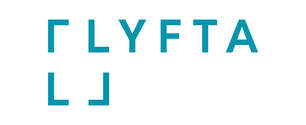 SWIFT sponsor, Lyfta presented on how they bring Character Education into school through an immersive digital platform. Director of Education and Impact, Harriet Marshall explained how Lyfta provides a platform for young people to explore and understand the world and themselves better. They can develop their own character through storyworlds and connect across the world in a social and interpersonal sense. Meaning to “lift up” from the Nordic word, Lyfta attempts to lift the world into view for students. The platform uses carefully curated short documentary films that support character and values through a connection with real-life stories. Schools across all the phases use Lyfta storyworlds as educational resources linked to their curriculum, working with teachers to develop into subject and PSHE Schemes of Work to support lessons and help boost an all-important sense of belonging. Lyfta shows how it is powerful for young people to feel included. At a West London Primary School with 49 different languages, one pupil was moved from watching the storyworld about Deenpal, a young football-loving Sikh growing up in Denmark who tells his own story about striving to be a famous goalkeeper and finding the courage to dive after the ball. It is perhaps the words of a Year 10 student at Upton Court Grammar School who wonderfully encapsulates the work of Lyfta: “I think what you're doing is brilliant… I love that you can learn about people. Because there's a word, it's called sonder. It means, the realisation that everyone has their own story, and everyone has their own life as complex as your own. And that we are all like ants crawling around an anthill, trying to figure out where to go, without looking at other people. And some people, they look at other people and dismiss them, some people look at other people and want to know the story behind them, and Lyfta makes all of us the second kind of person.” Find out more about trying Lyfta for free and benefit from training and access to all the storyworlds for a trial month. 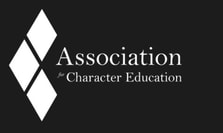 Director of Schools Engagement and Partnership, Andrew Pettit from the Association for Character Education (part of The Jubilee Centre) provided an insight into their bespoke consultation work supporting schools, based on the unwavering belief that character development is essential from nursery to Post-16. Andy Ogden concluded the session by acknowledging schools are often so busy in curriculum development that they need to pull out the core themselves and focus on the internal character of the child and how they see themselves. It is a useful exercise in pushing the reset button after Covid with essential links to identify and a sense of belonging. “It’s not what you put on the plate, but the plate itself.” Schools are re-evaluating and starting a powerful conversation. The SWIFT Character Education Professional Community will continue to build a network of leaders and practitioners across the Southwest who are passionate about designing and implementing holistic educational provision that acknowledges the importance of personal development as well as the importance of academic attainment. Report by Jude Owens, PA to the SWIFT Executive Team Our sponsor Lyfta recently presented at our SWIFT Character Education Professional Development Community on the topic of "Flourishing for All – Implementing and Embedding." Character Education is one of the core Lyfta focus areas, and is at the heart of education - and it could be said to be our true legacy as teachers. Lyfta considers here how character and values-based learning can be made part of the curriculum. When you were at school, who was your favourite teacher and why? When I ask teachers this question, they often focus on those who were kind or caring or passionate. Qualities and values that went well beyond knowing their subject well. As teachers, we want to help young people realise the best version of themselves, particularly in our ever-changing world. Character and values-based learning equips students for the future and sits at the heart of what we do as educators, but it's not always easy to embed it into classroom practice. When I was working as a secondary teacher, my Headteacher used to encourage us to ‘teach the children in front of us’. Sounds obvious doesn’t it? But ultimately, we often teach to our own style, our own tastes and preferences. What we have to do is consider every individual we have in front of us and what they need, based on their experiences. “Books are sometimes windows, offering views of worlds that may be real or imagined, familiar or strange. These windows are also sliding glass doors, and readers have only to walk through in imagination to become part of whatever world has been created or recreated by the author.” RUDINE SIMS BISHOP Academic, Rudine Sims Bishop, explored children’s literature and the extent to which children's literature is written by African American authors and represents African American characters. In her work, she advocated for books to become more than simply windows, allowing us to look in at other people. Instead, she suggested that stories should act as mirrors, allowing children to see themselves reflected back at them and even better is when they act as sliding glass doors, allowing us to step into another's life – to experience what they do, and learn to empathise with them. As teachers, we can develop values and character in our children by giving the opportunities to both see themselves reflected and experience the lives of others. Beyond our own moral obligation to support students to become the best version of themselves, there are also statutory requirements that every school must adhere to. For example, the Ofsted framework expects students to behave respectfully and courteously, as well as the school providing lots of opportunity for personal development. The newest RSE statutory guidance, released in 2019 and updated in 2021, outlines the ways in which schools must teach and support students to develop healthy and respectful relationships. There is also an expectation for all schools to provide spiritual, moral, social and cultural education, which includes moral and social skills and values. 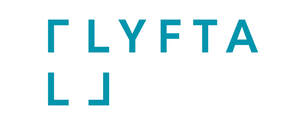 Lyfta gives teachers the opportunity to nurture the whole child, build character and embed values, including resilience and service. 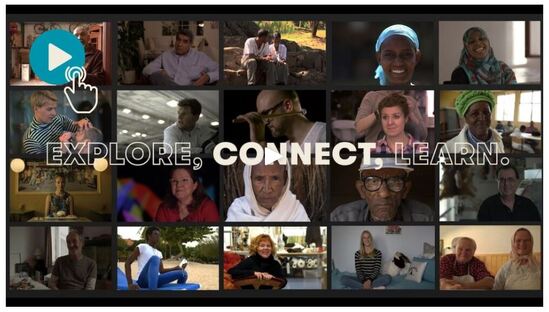 Its immersive platform can help you to embed positive values in your classroom and equip your students for the future through its world of positive human stories. Each story has its own 360 degree environments, unique soundscapes and powerful short films to immerse students fully in a world beyond their own. Students meet with individuals from communities across the globe, connect with their inspiring stories, and reflect on their values. Our Kids’ Cup storyworld, which features the journeys of five young people competing in an international children’s football tournament, is one of many that helps teachers introduce values including perseverance, resilience and leadership to students. Independent research conducted by the University of Tampere has also shown that Lyfta’s immersive human stories help students to develop empathy and understanding for those who are different from themselves. By Anna Szpakowska, Lyfta Professional Development Lead Explore Lyfta for FREE when you register for the Lyfta starter, no-obligation trial. 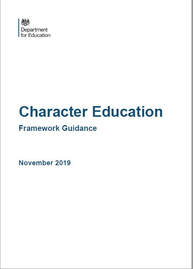 You may wish to explore the Department of Education’s Character Education Framework Guidance. Whilst it is not mandatory, it provides a possible starting point for schools considering how they embed character education into their curriculum and wider school life. The countdown has begun for the Men’s Football World Cup 2022. As excitement grows about the competition, teachers can leverage this exciting opportunity to harness the power of sport to nurture positive values in the classroom. Join Lyfta for a FREE live lesson, delivered by their team beamed directly into your classroom via Zoom.
Your students will enjoy an immersive story from the Lyfta Kids' Cup series as a collective experience with other schools across the UK. Sessions are running on: Wednesday 30 November 2022 at 1130 and 1415 Friday 2 December 2022 at 1130 and 1415 (with separate sessions available for older and younger learners). No preparation or account is required. Simply sign-up and join via the Zoom link on the day. To find out more and secure your place click on the link below. Lyfta looks forward to sharing a powerful storyworld experience with your class. |
SWIFT News
|
SPONSORED BY
Join us, be a part of our SWIFT community |
© COPYRIGHT 2022 SOUTH WEST INSTITUTE FOR TEACHING SWIFT. ALL RIGHTS RESERVED | Website by brightblueC
VIEW OUR PRIVACY NOTICES | VIEW OUR COURSE T&CS
VIEW OUR PRIVACY NOTICES | VIEW OUR COURSE T&CS

















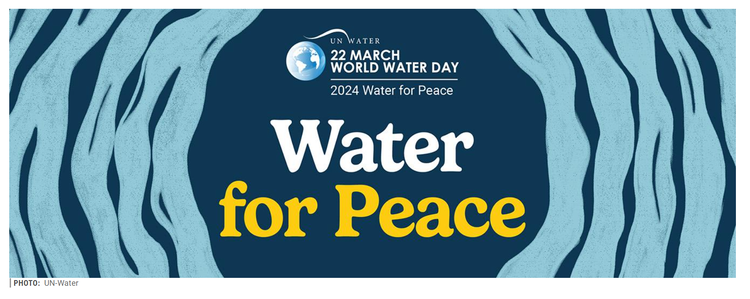
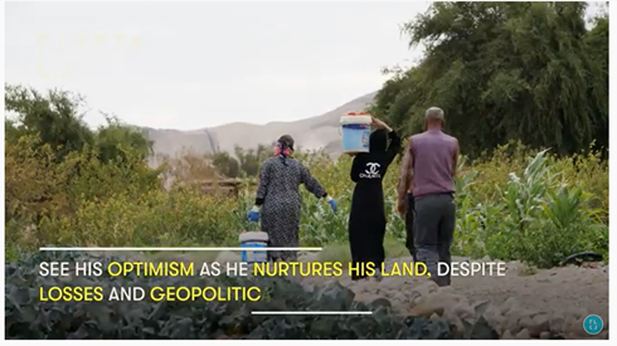

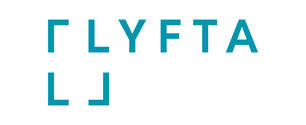

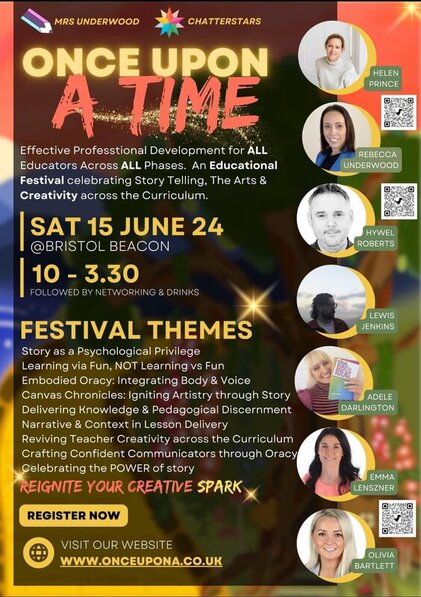
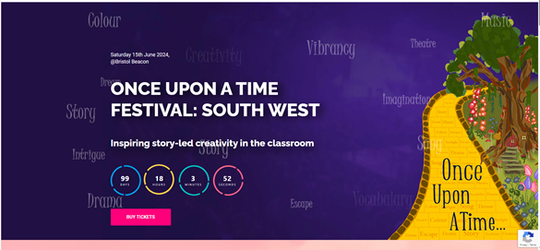

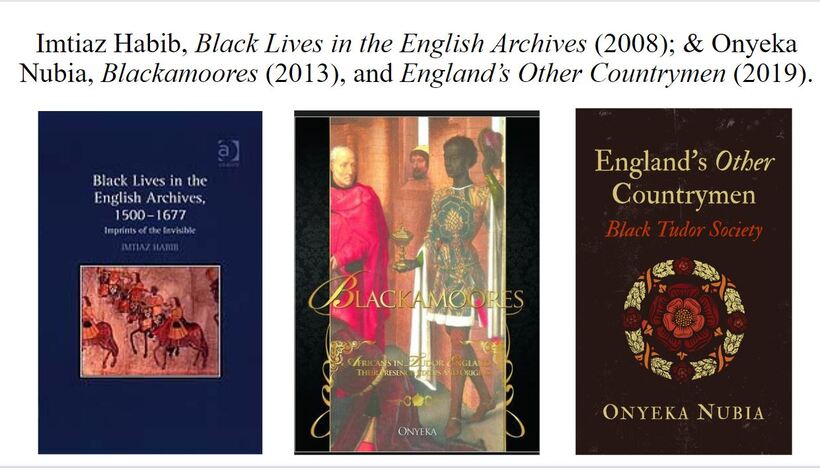
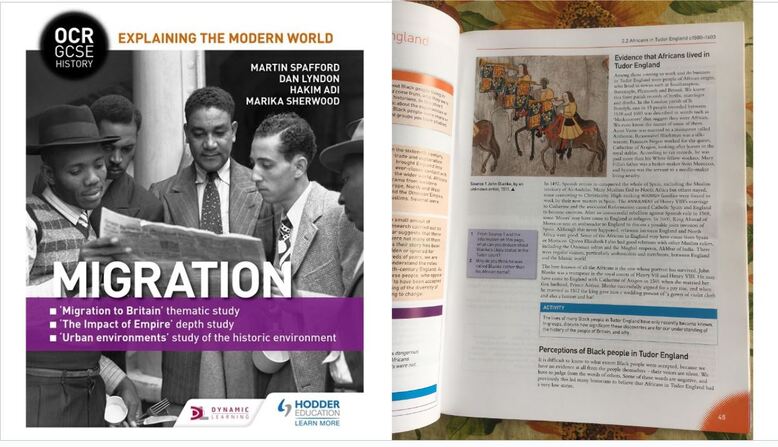

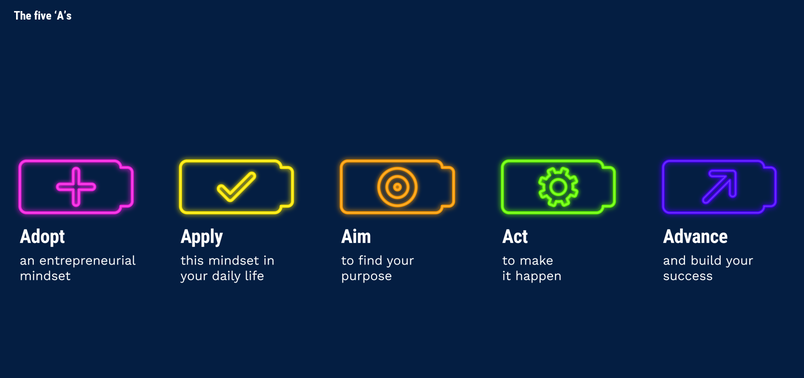
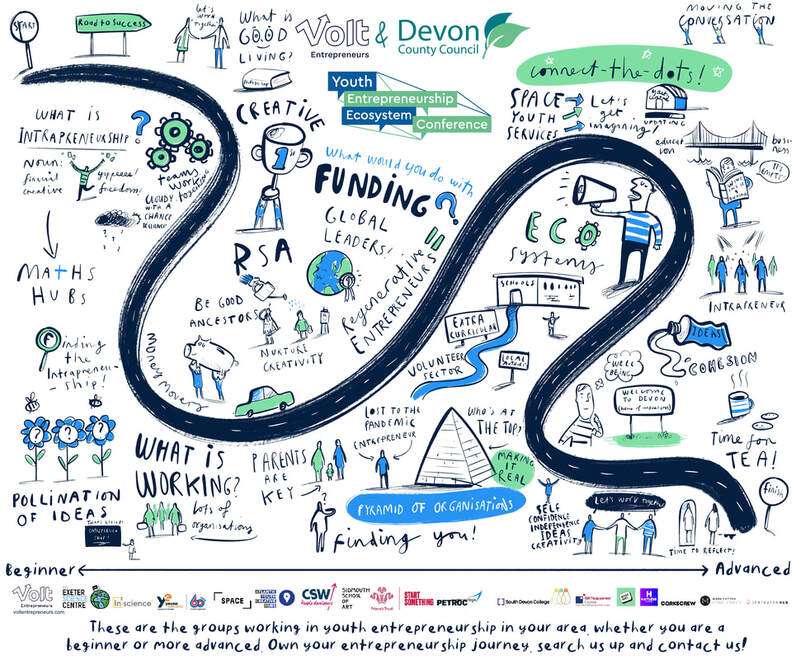


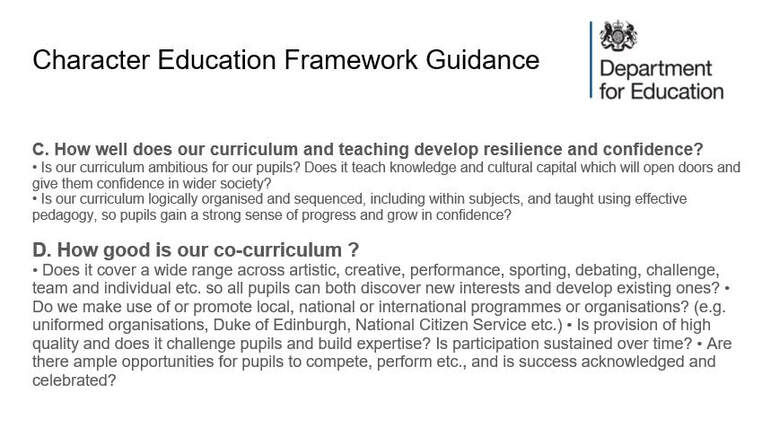
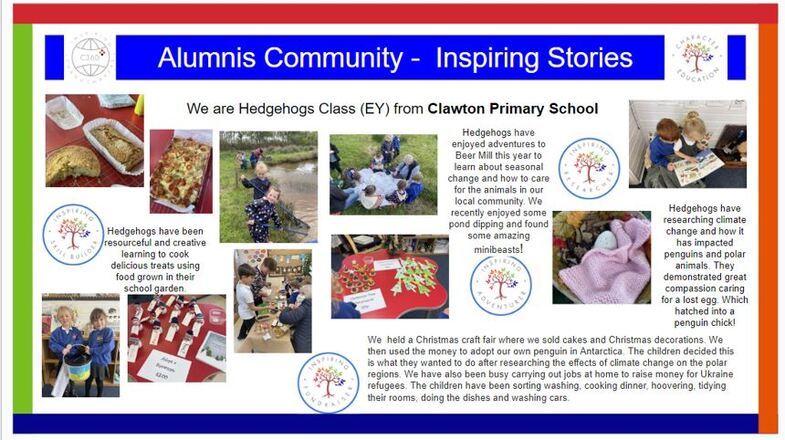
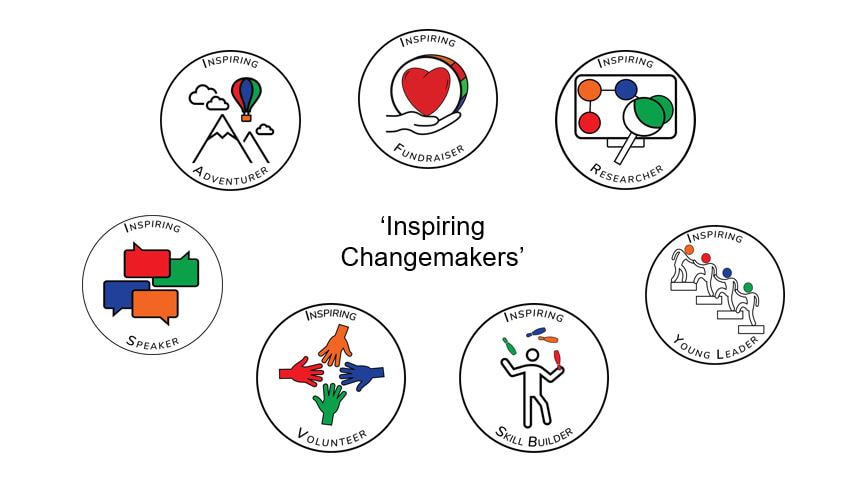
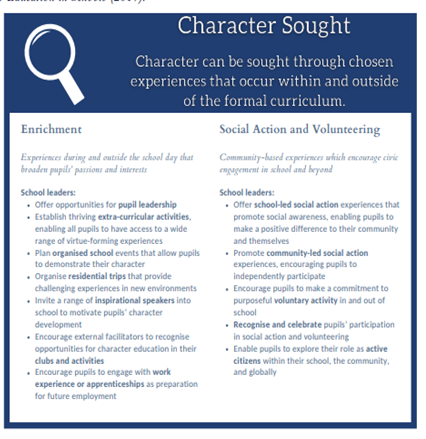
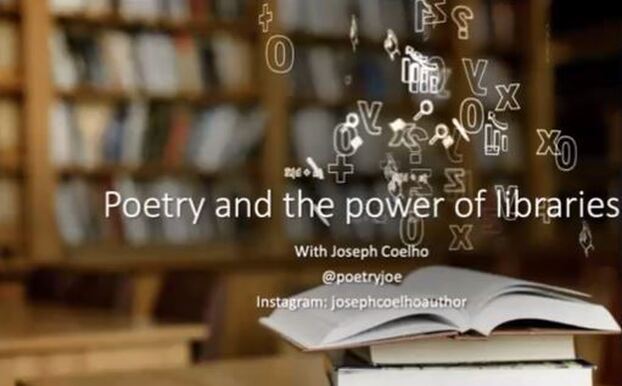

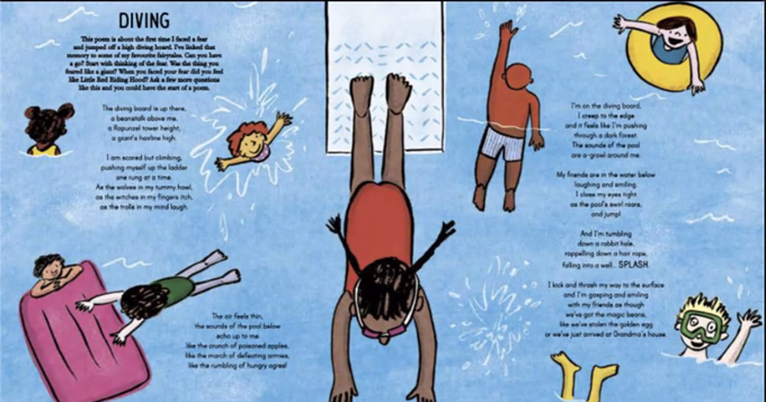
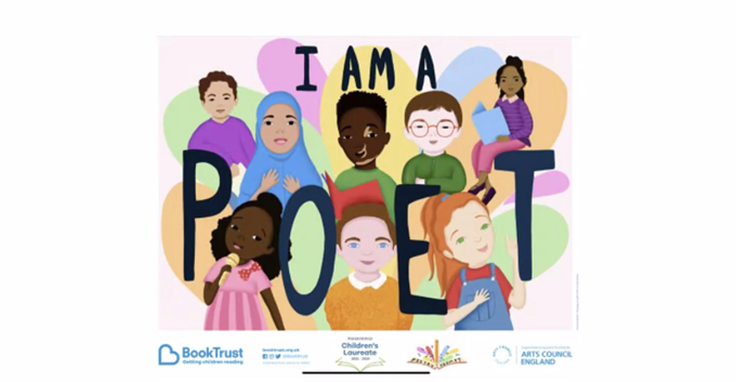
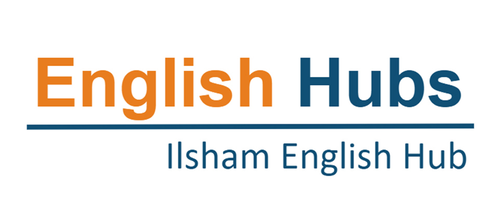
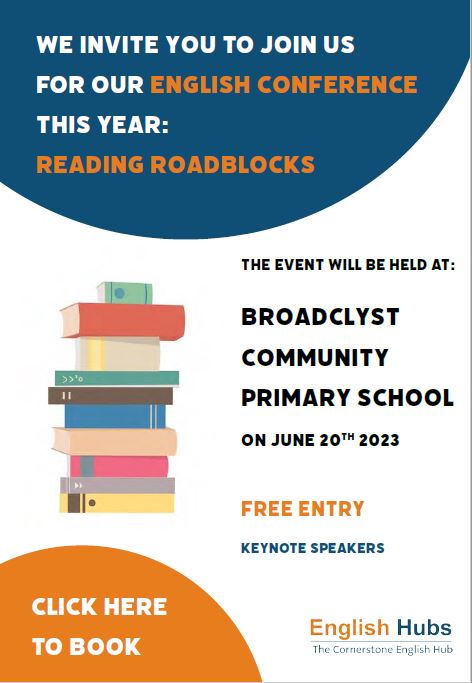
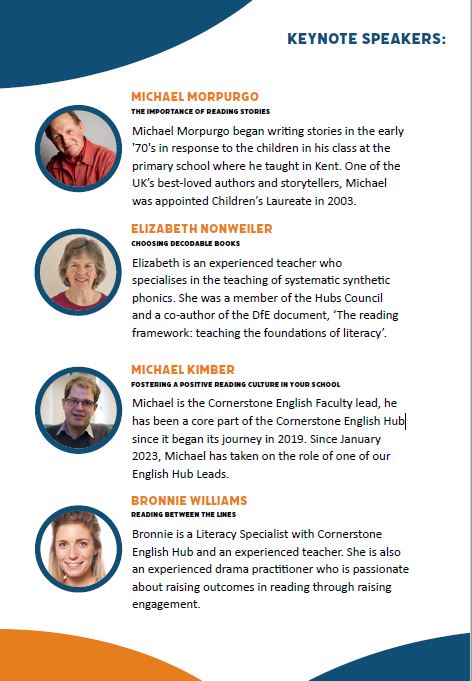
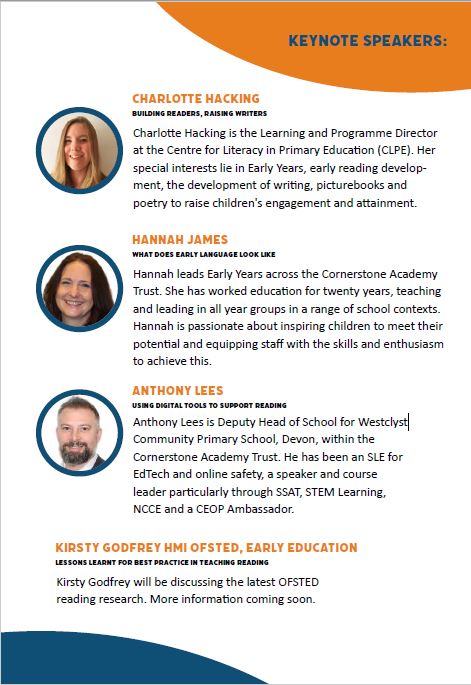

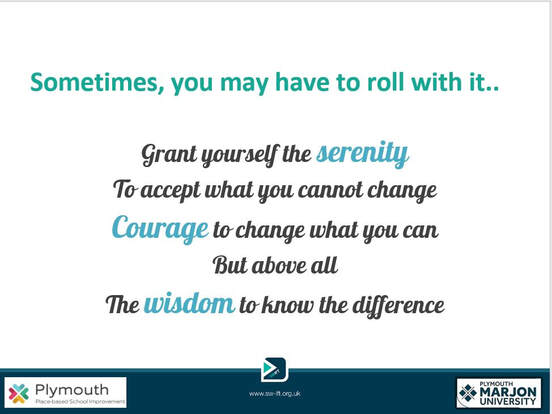
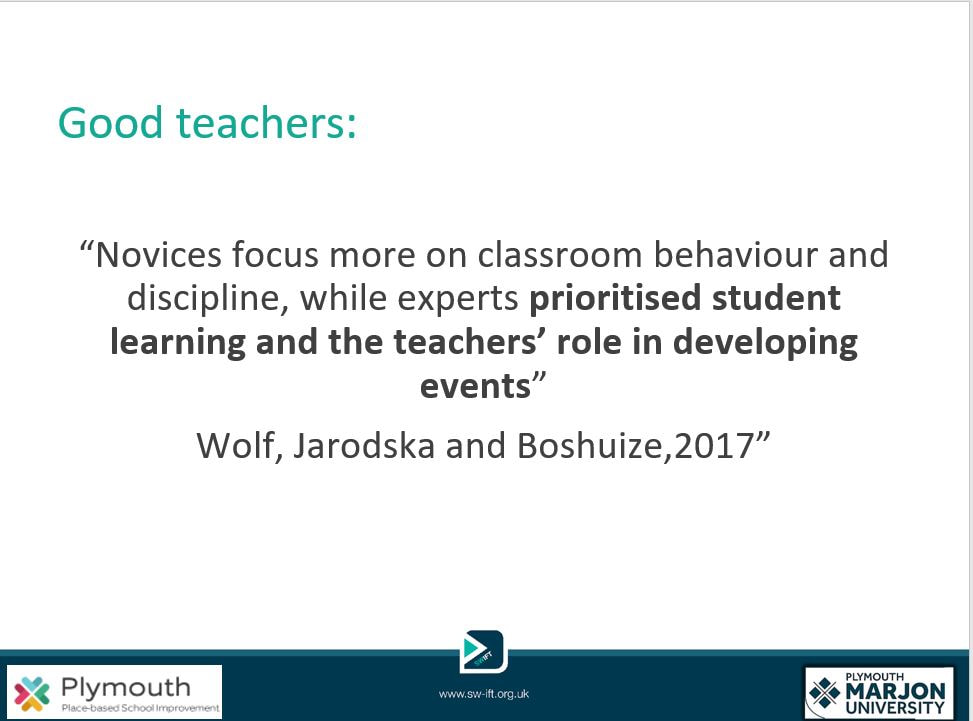
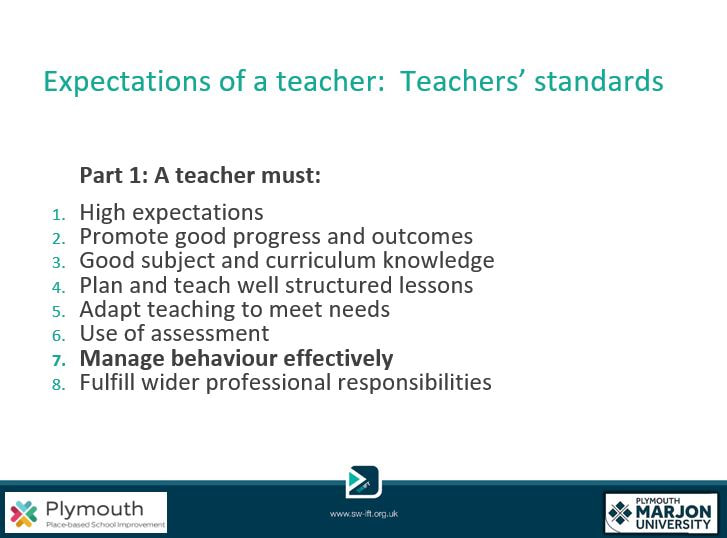
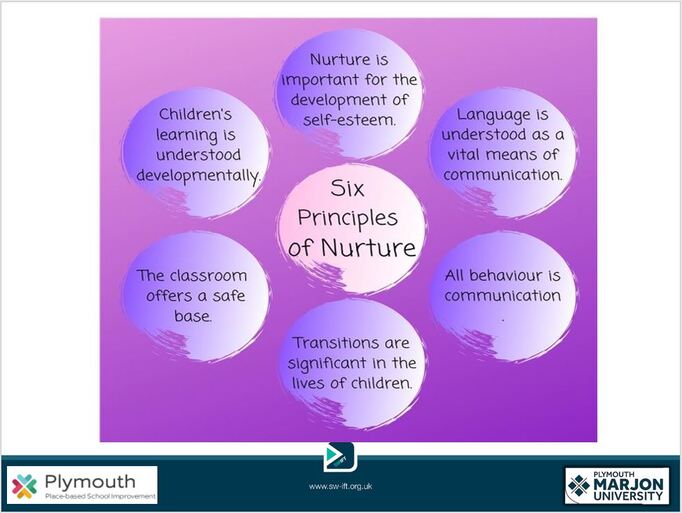
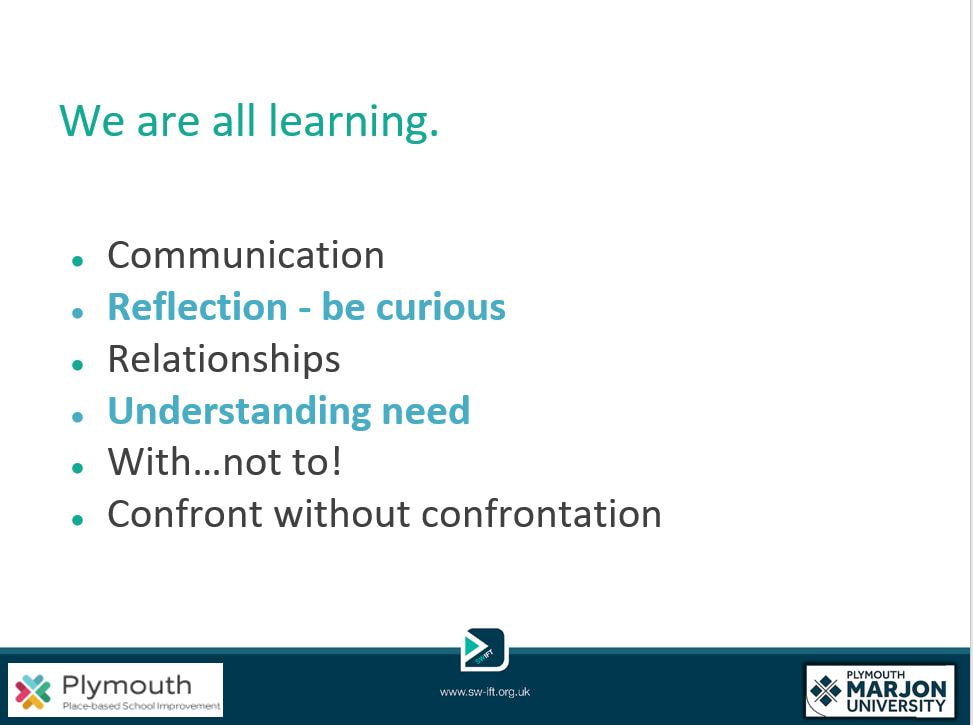
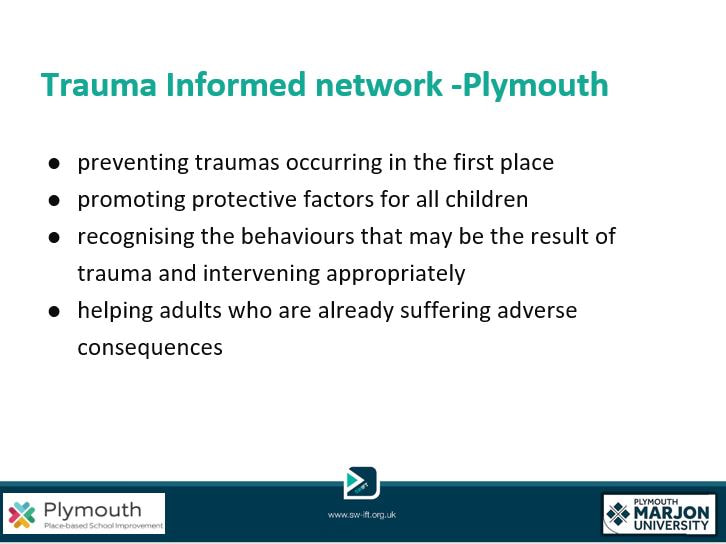
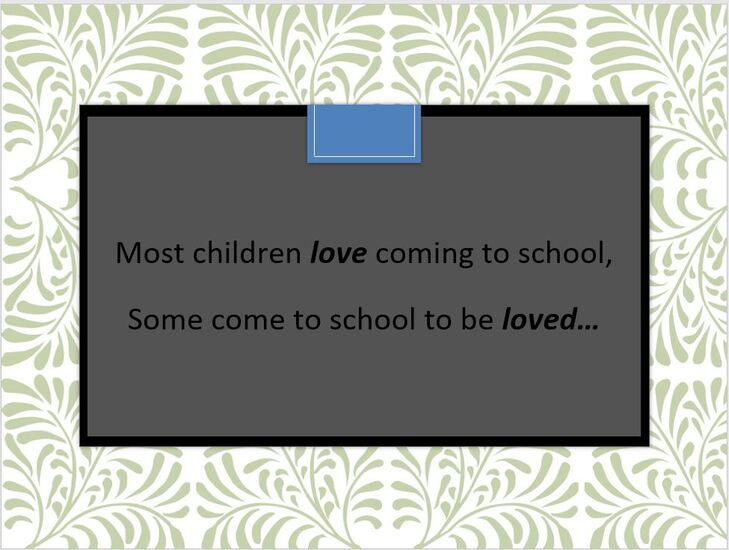
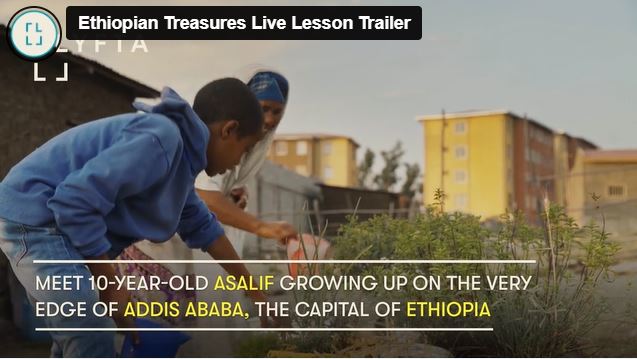
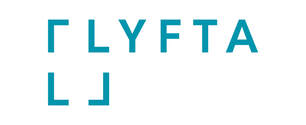
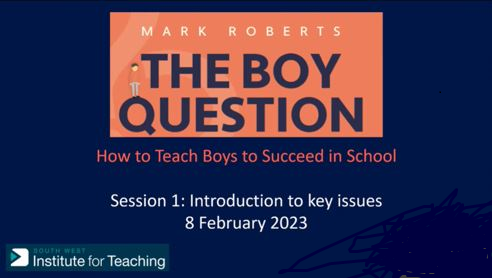
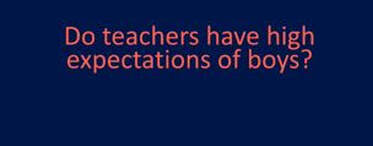
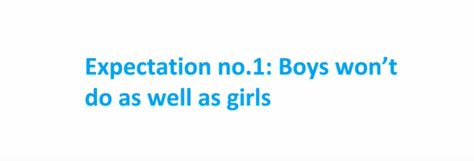
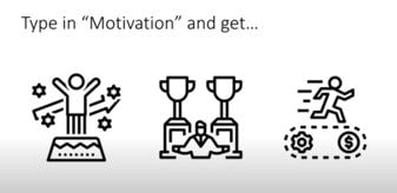
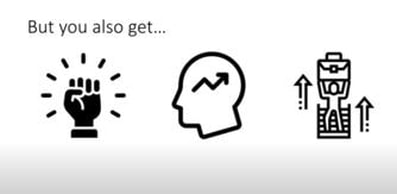

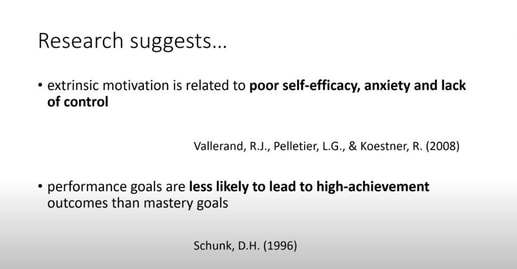
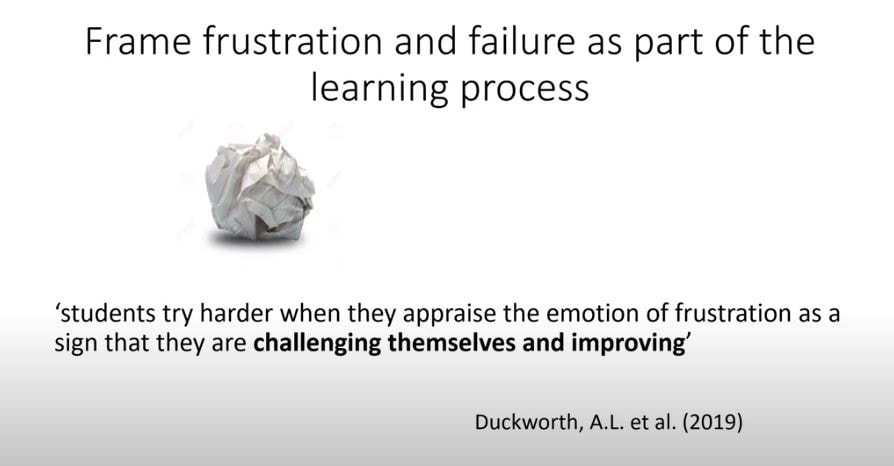

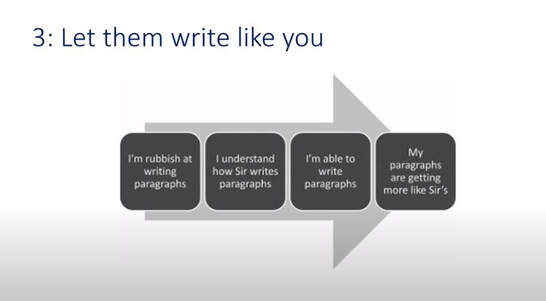





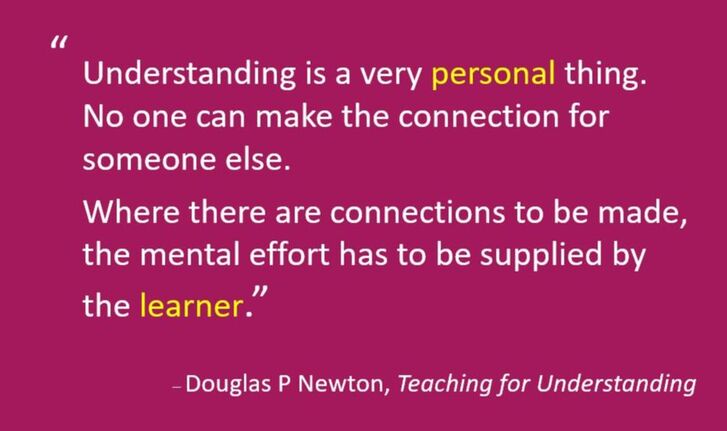
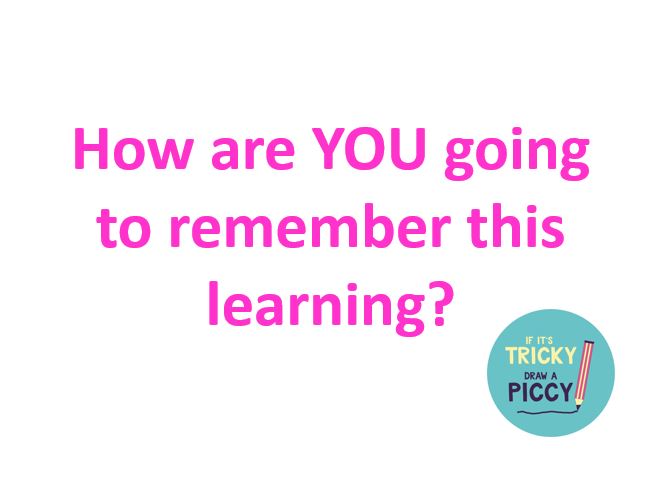

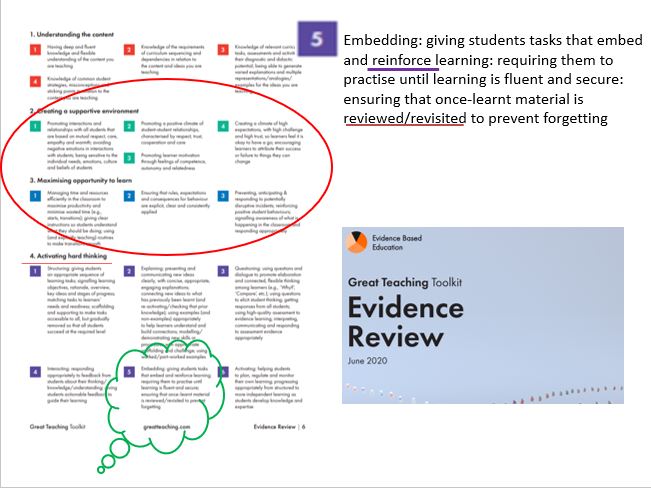

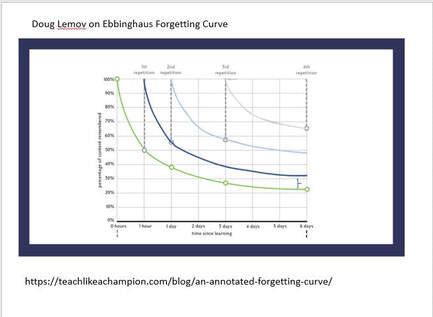

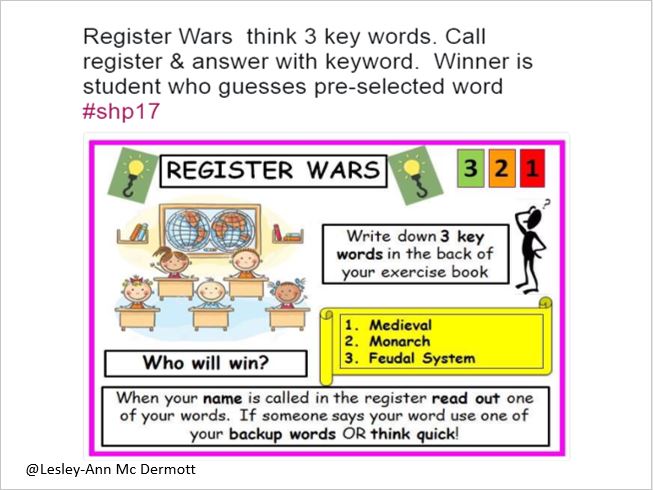

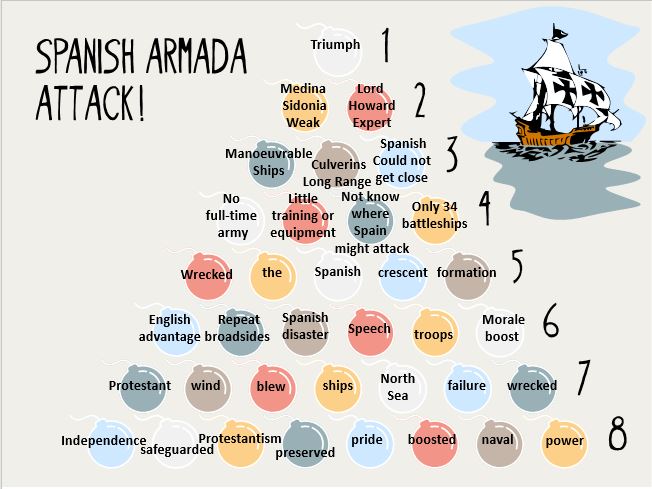
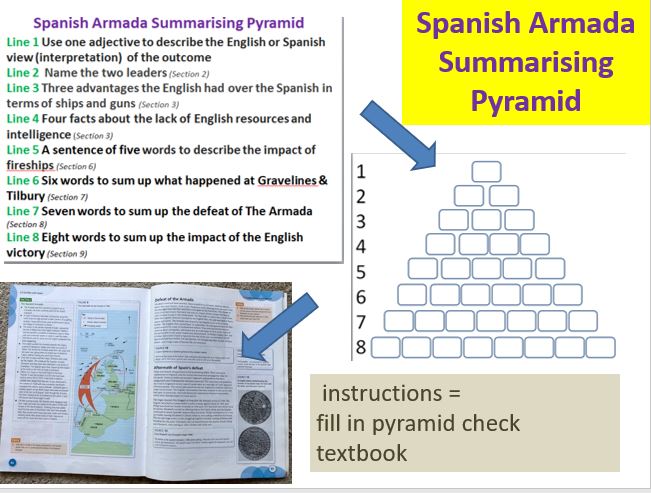

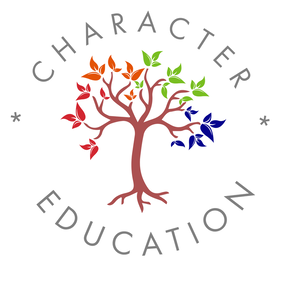
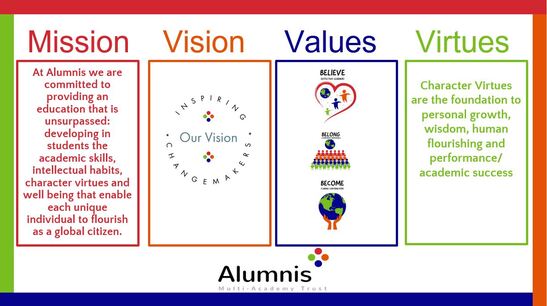
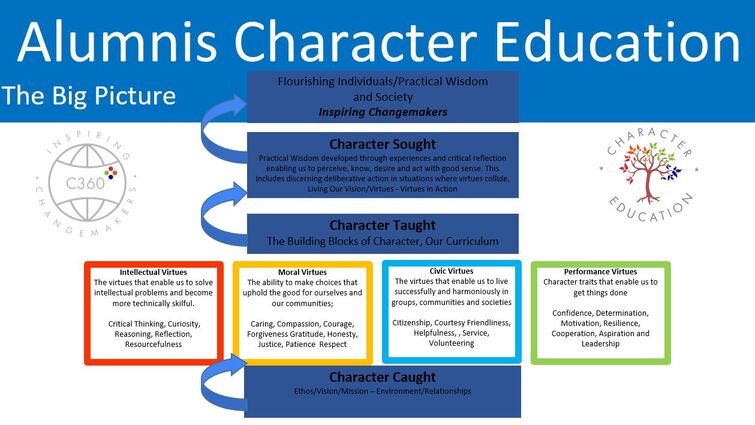
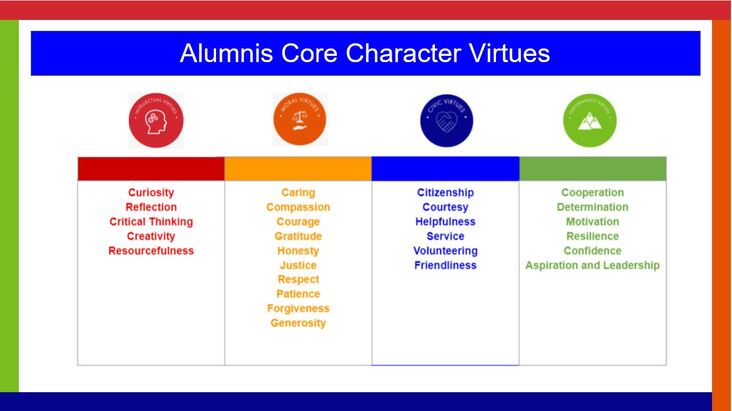
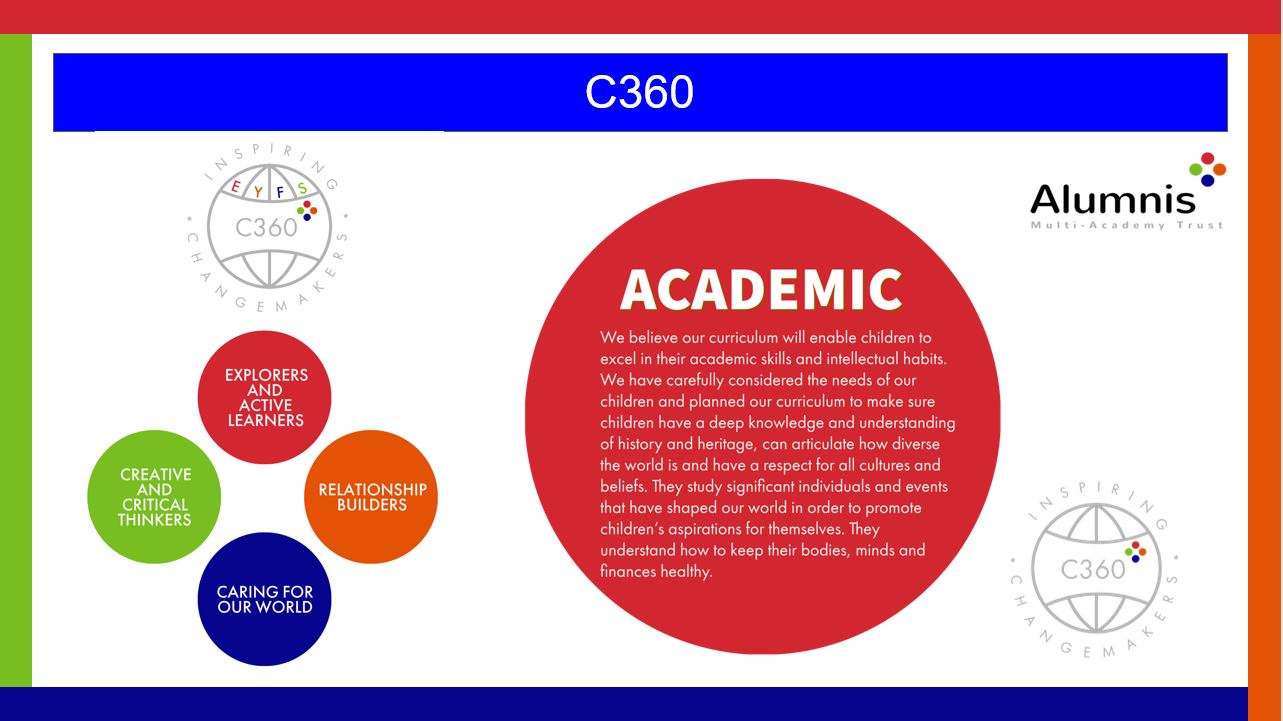
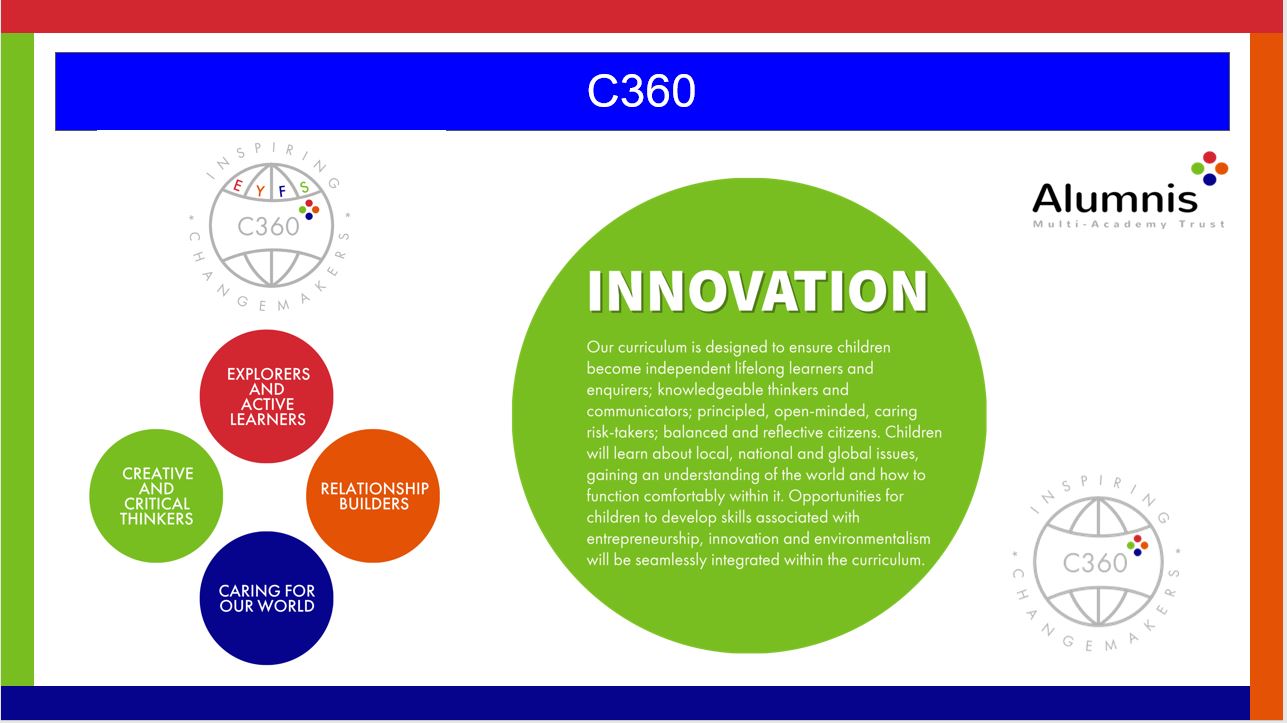
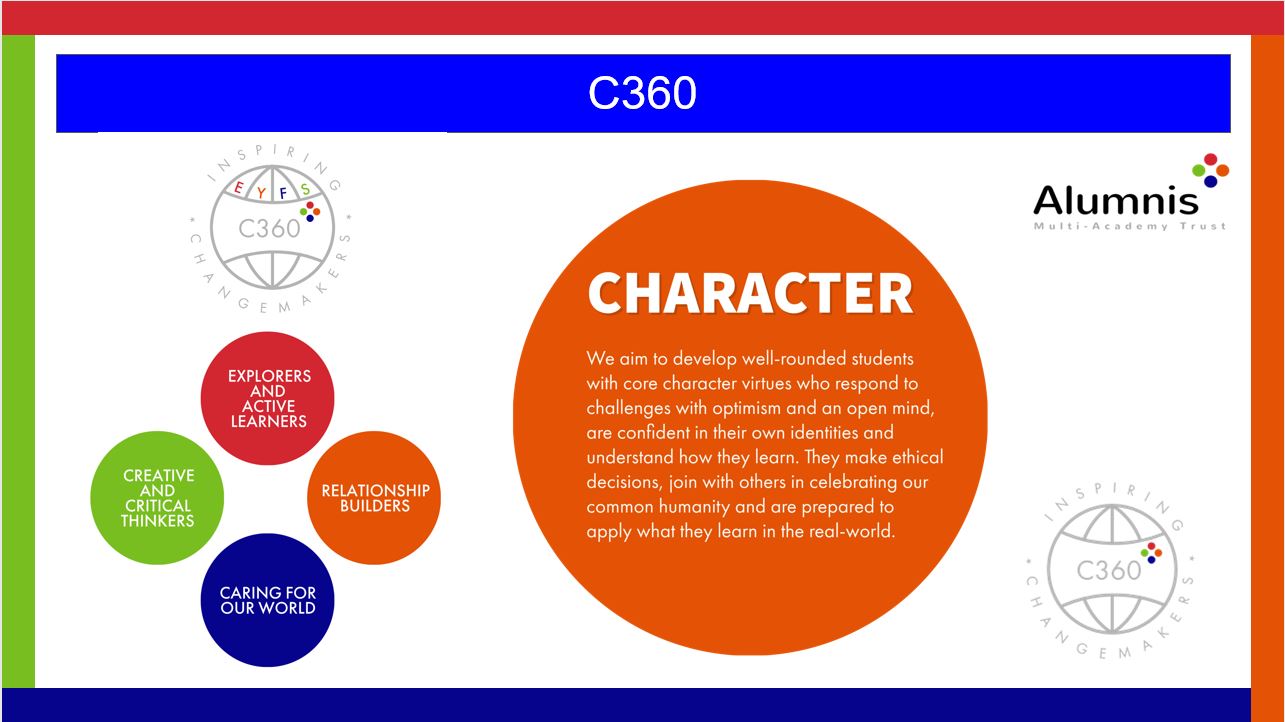
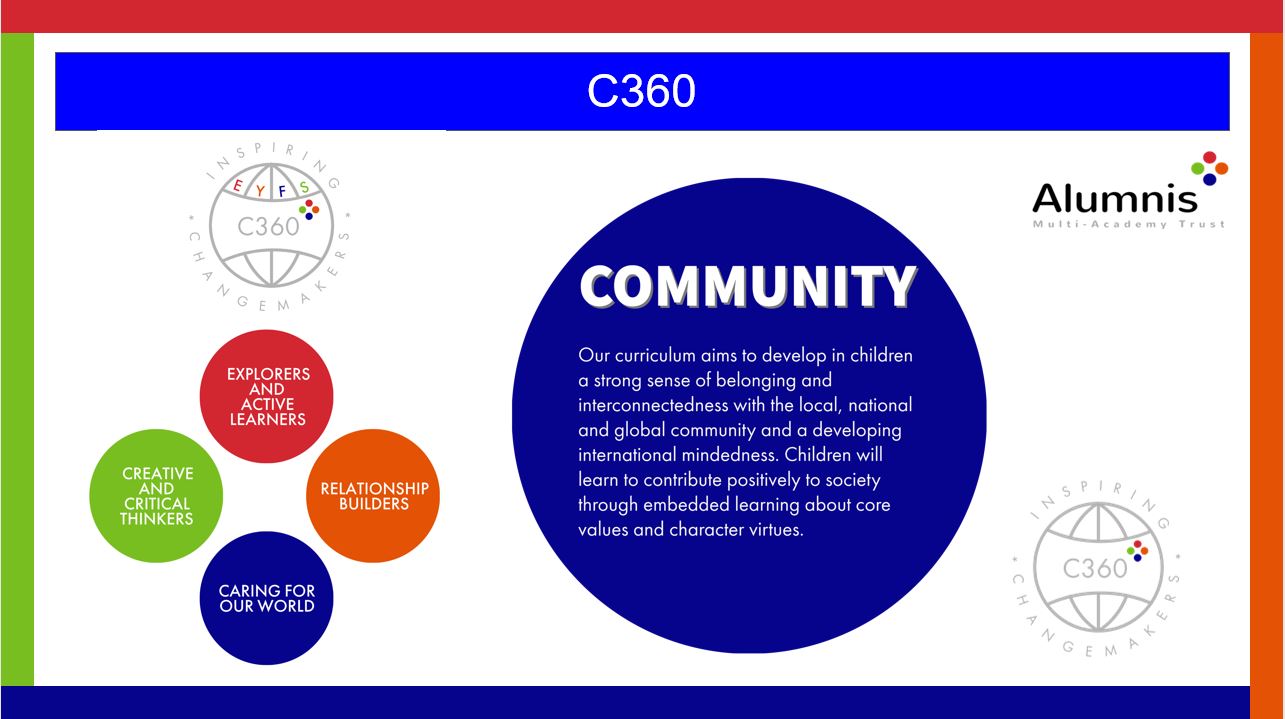
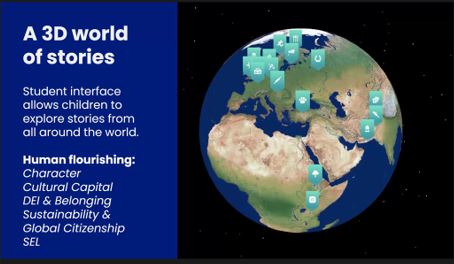
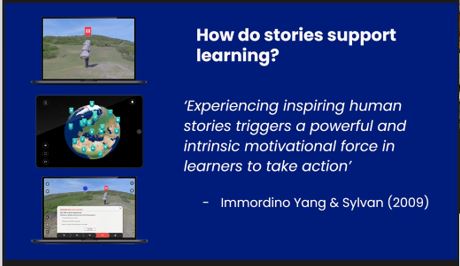
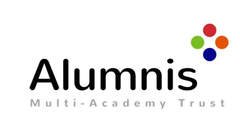
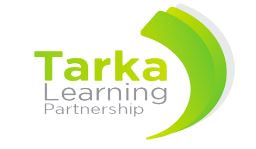
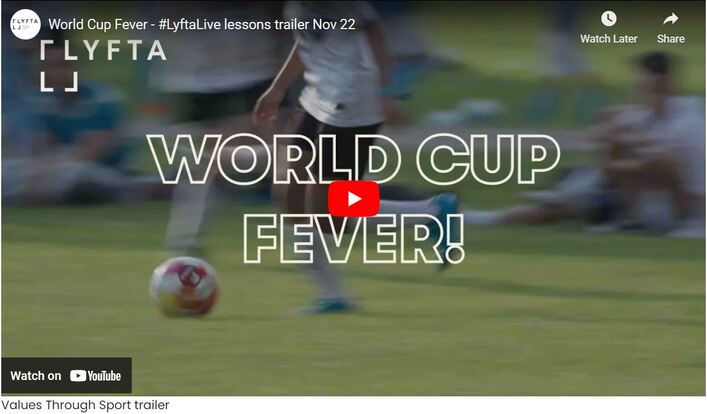
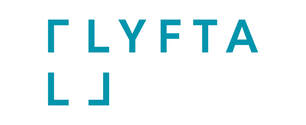
 RSS Feed
RSS Feed





